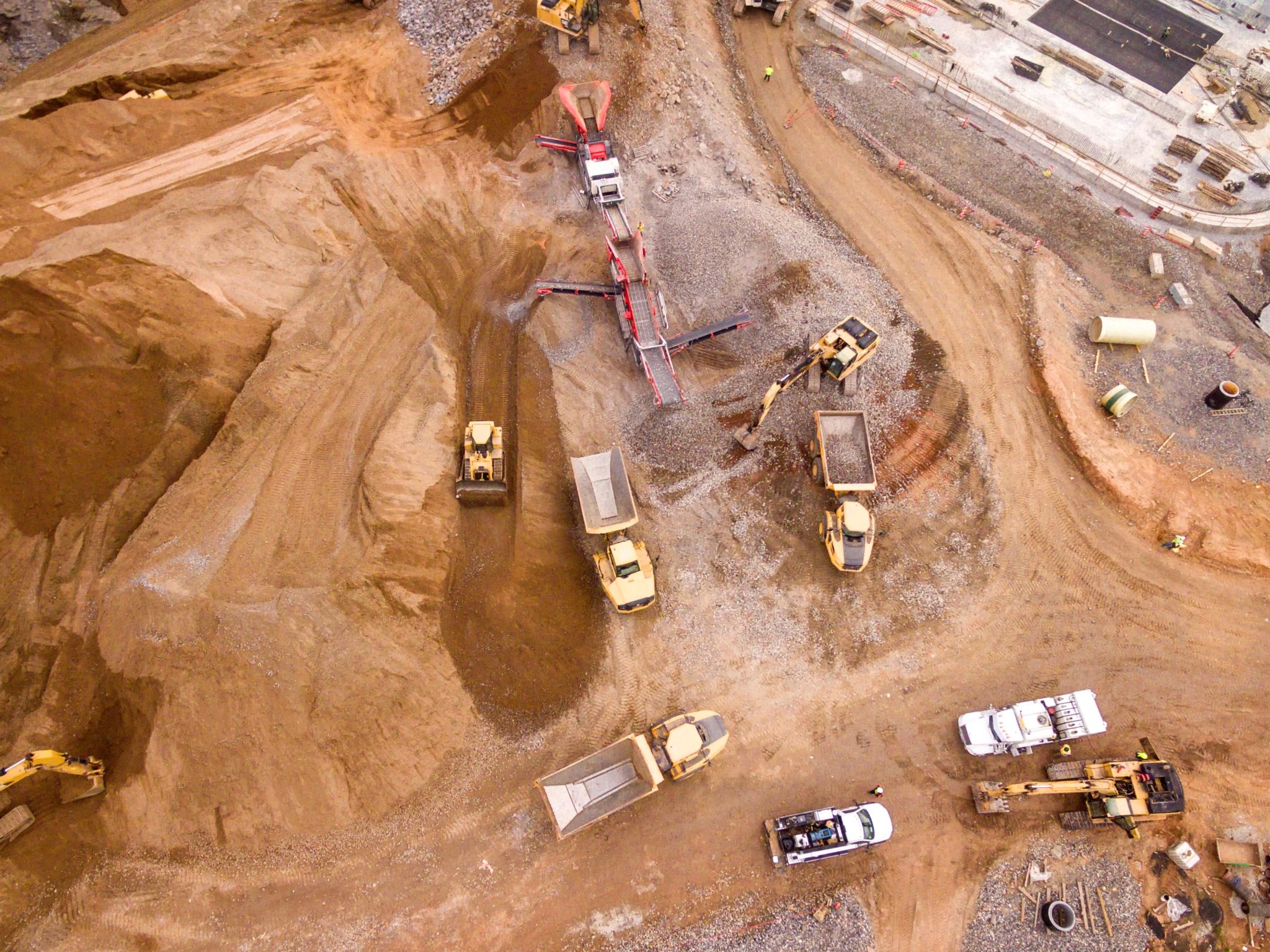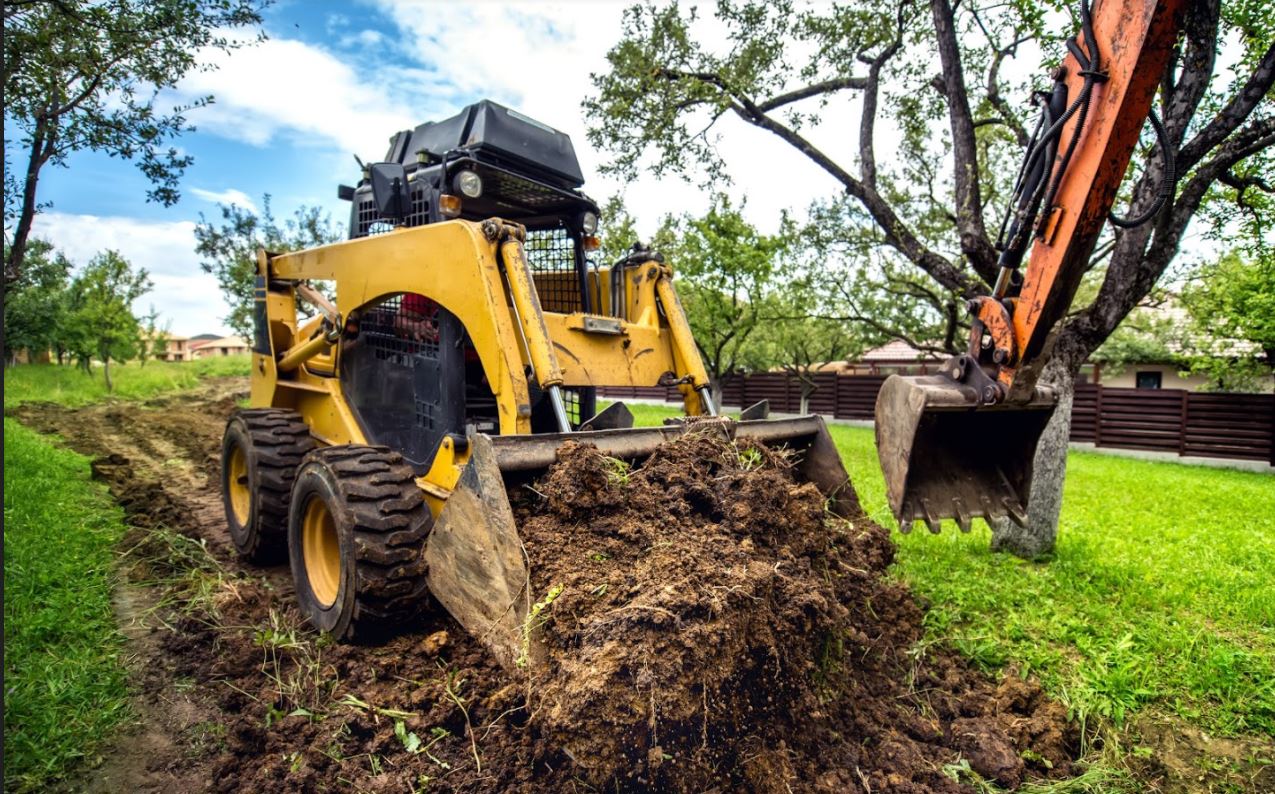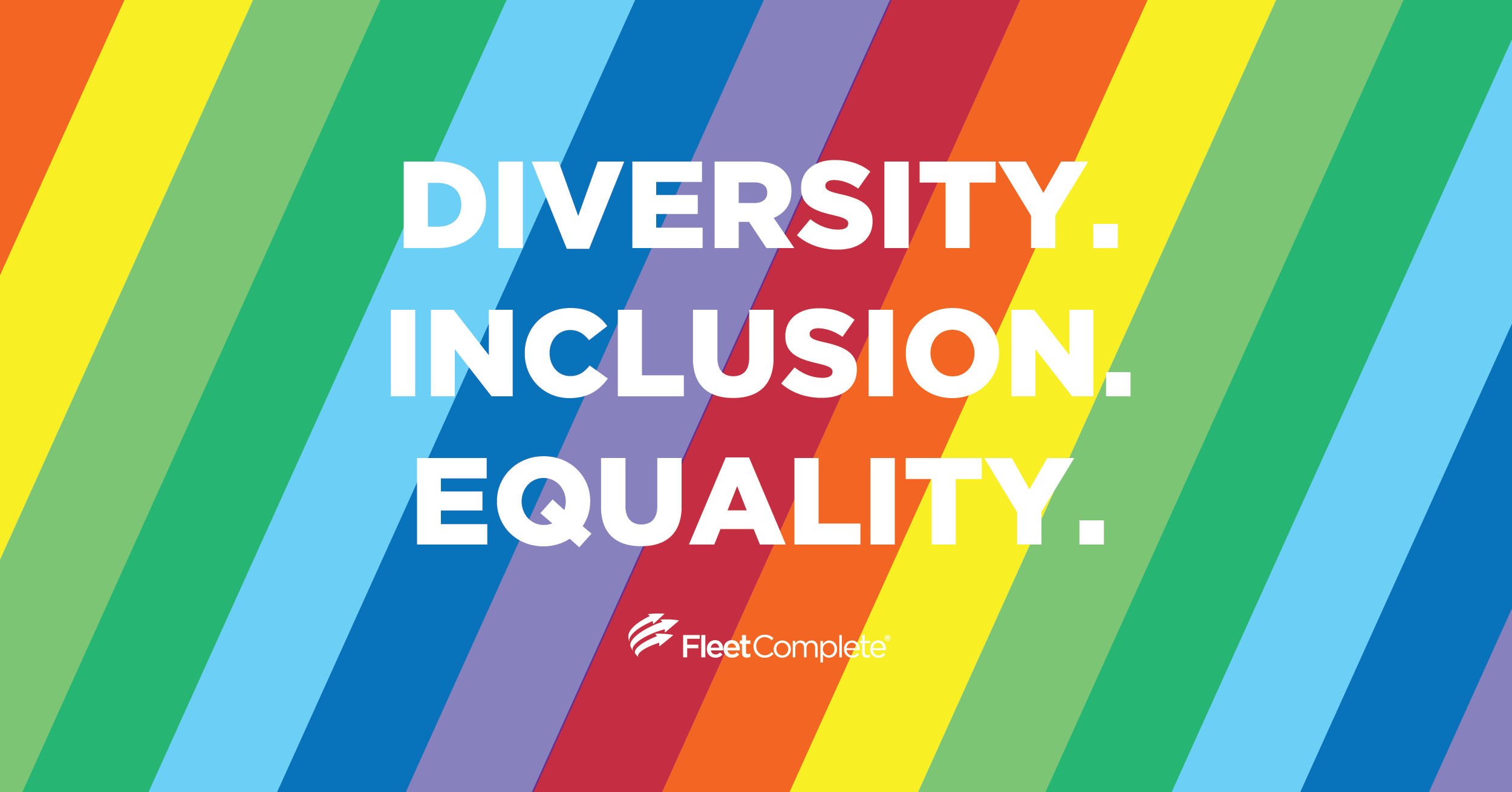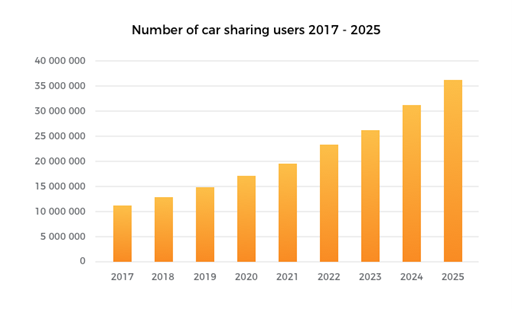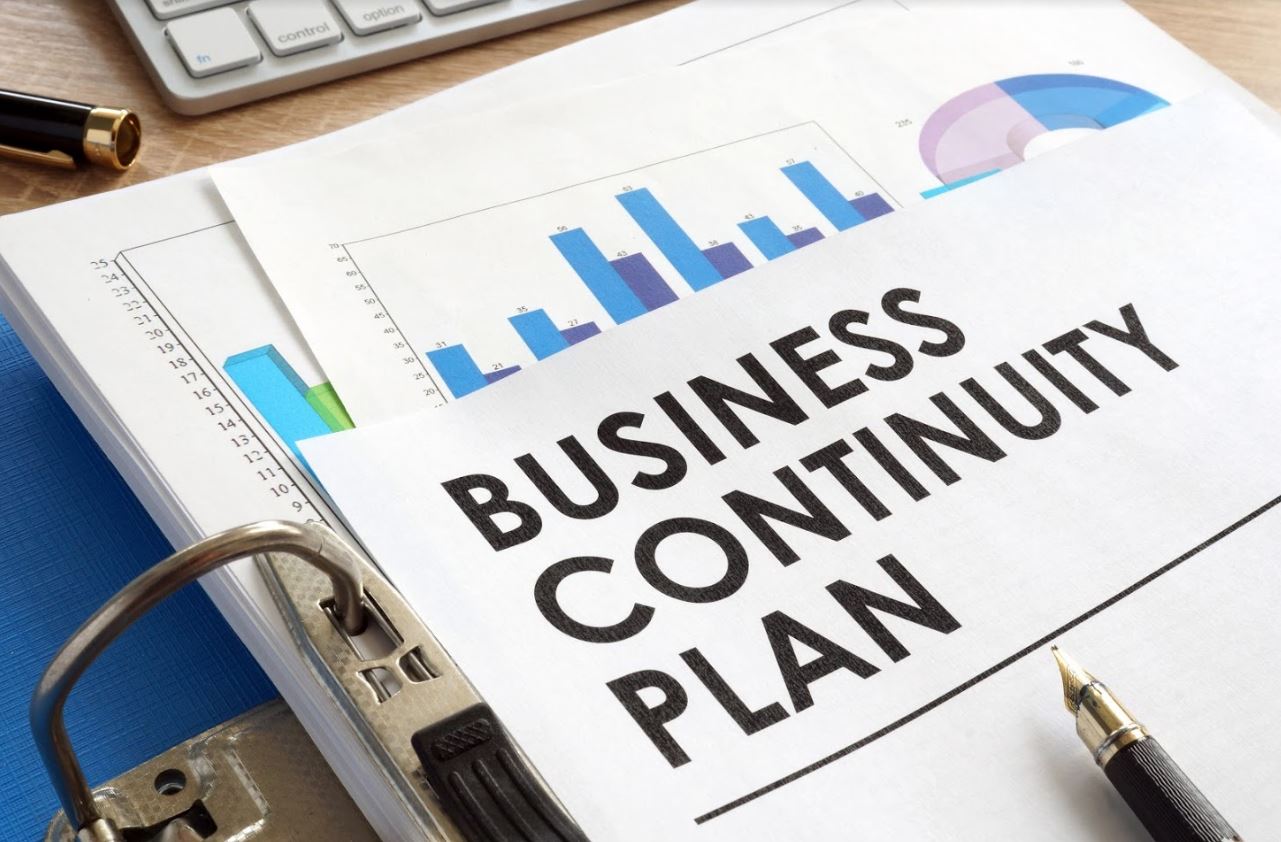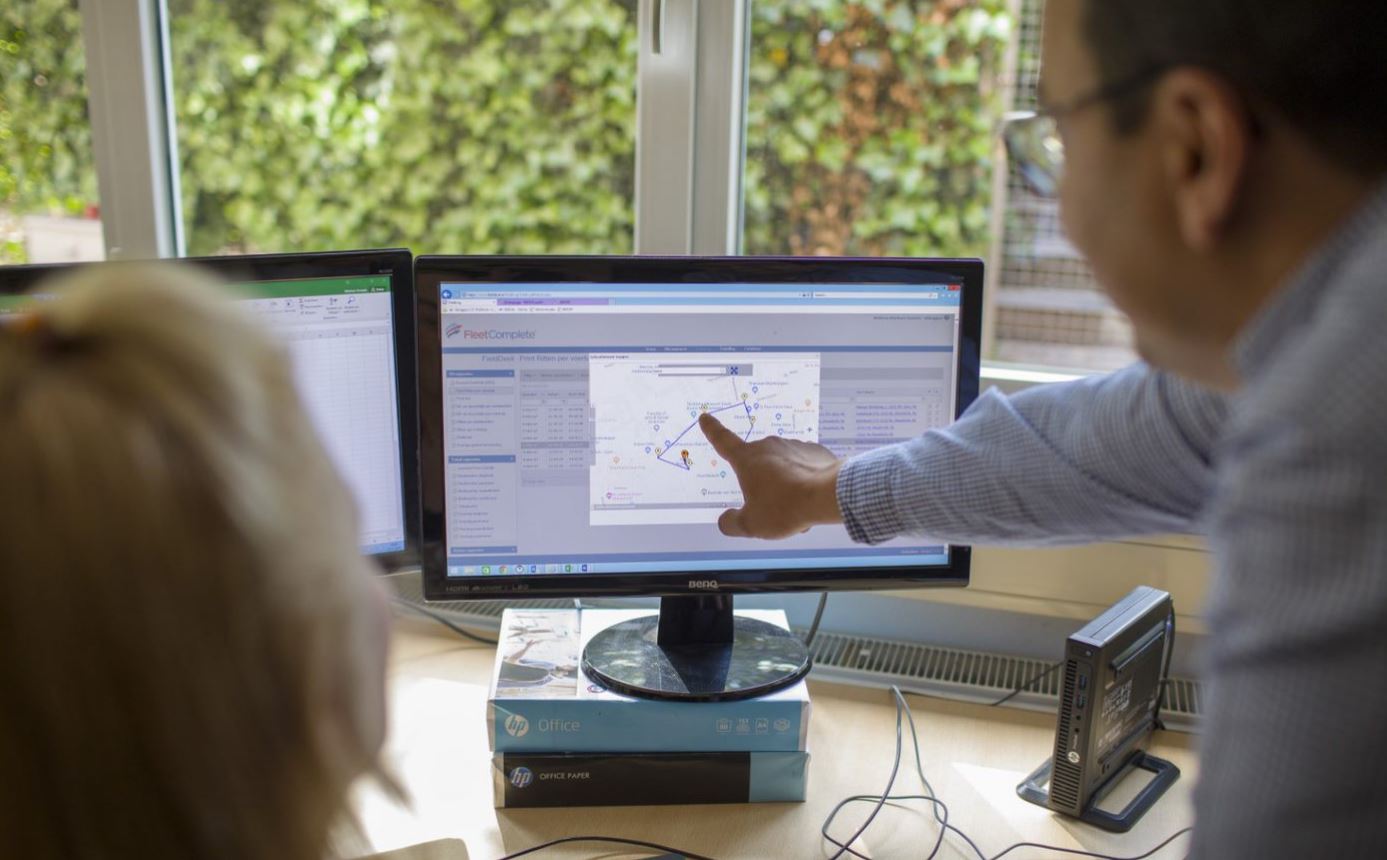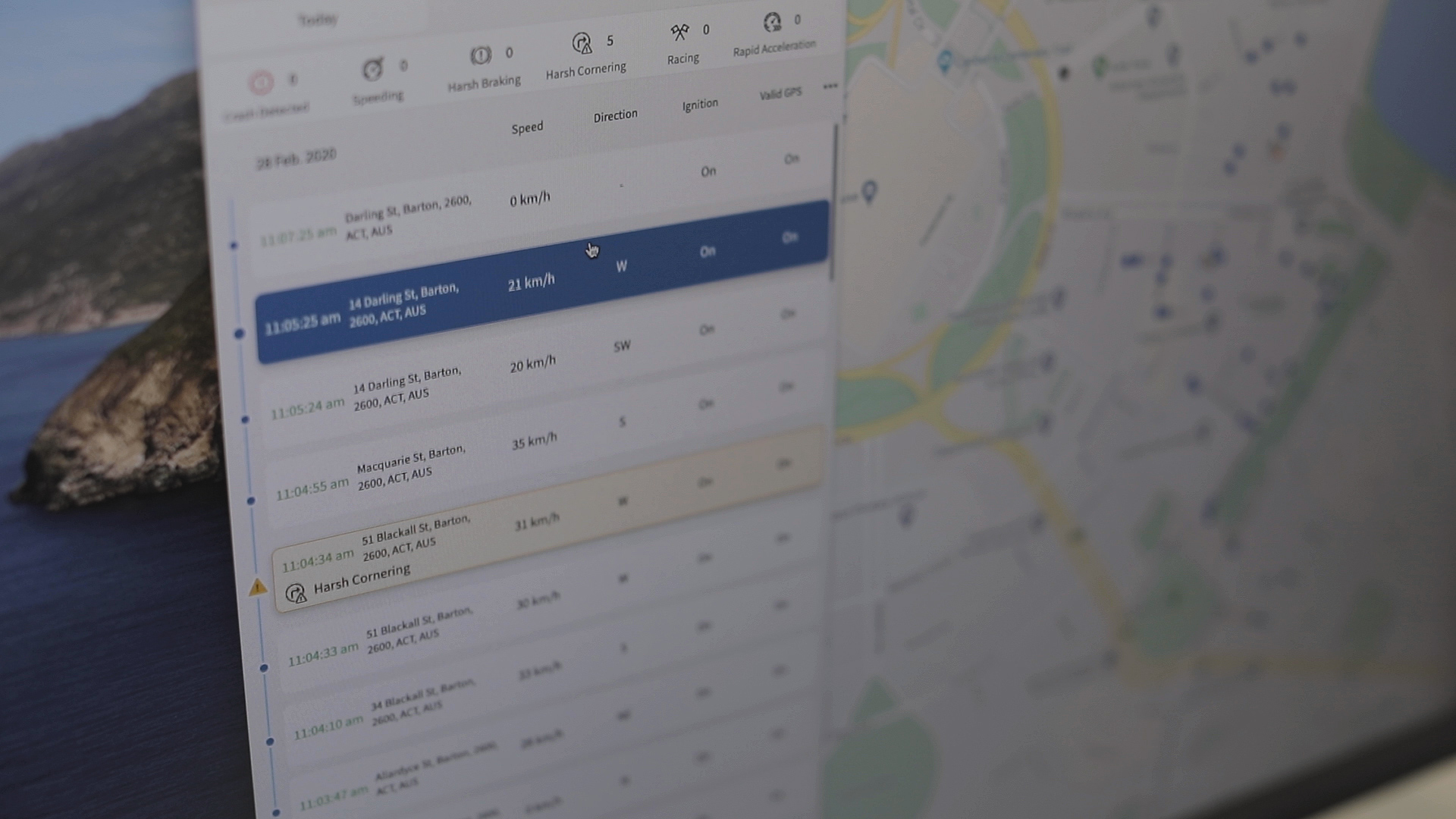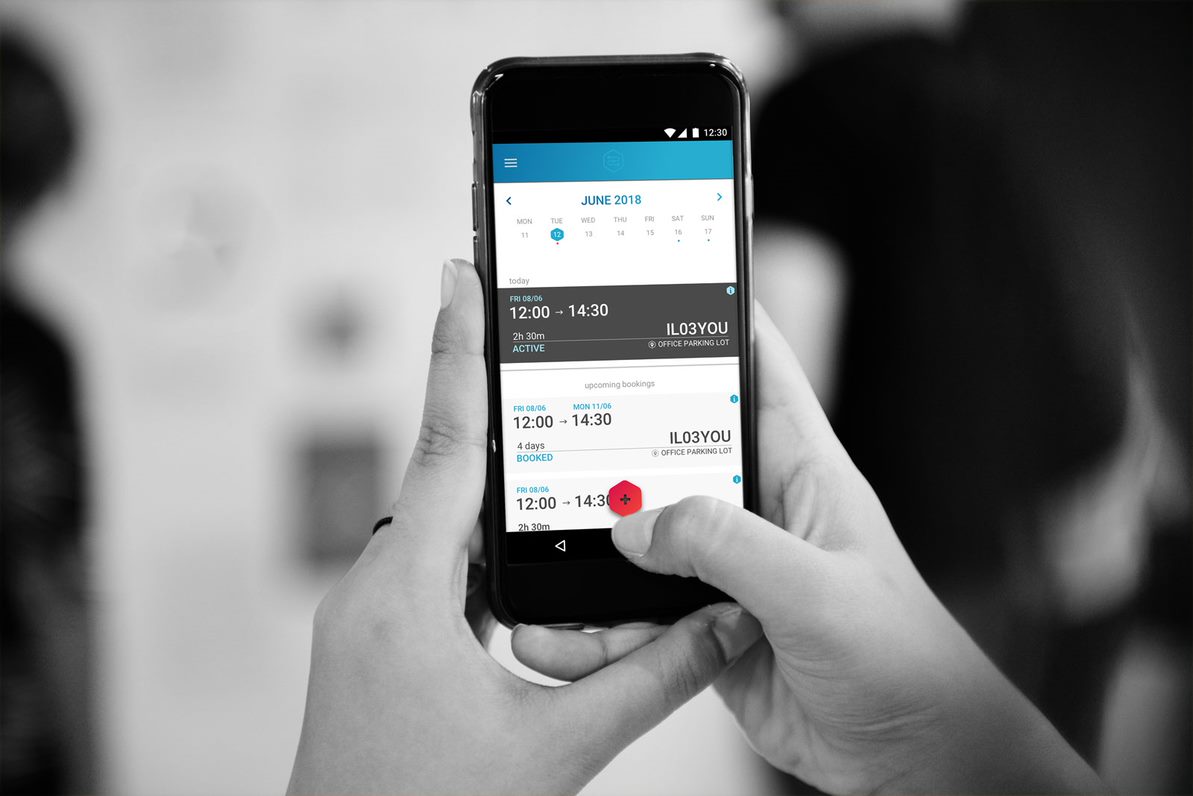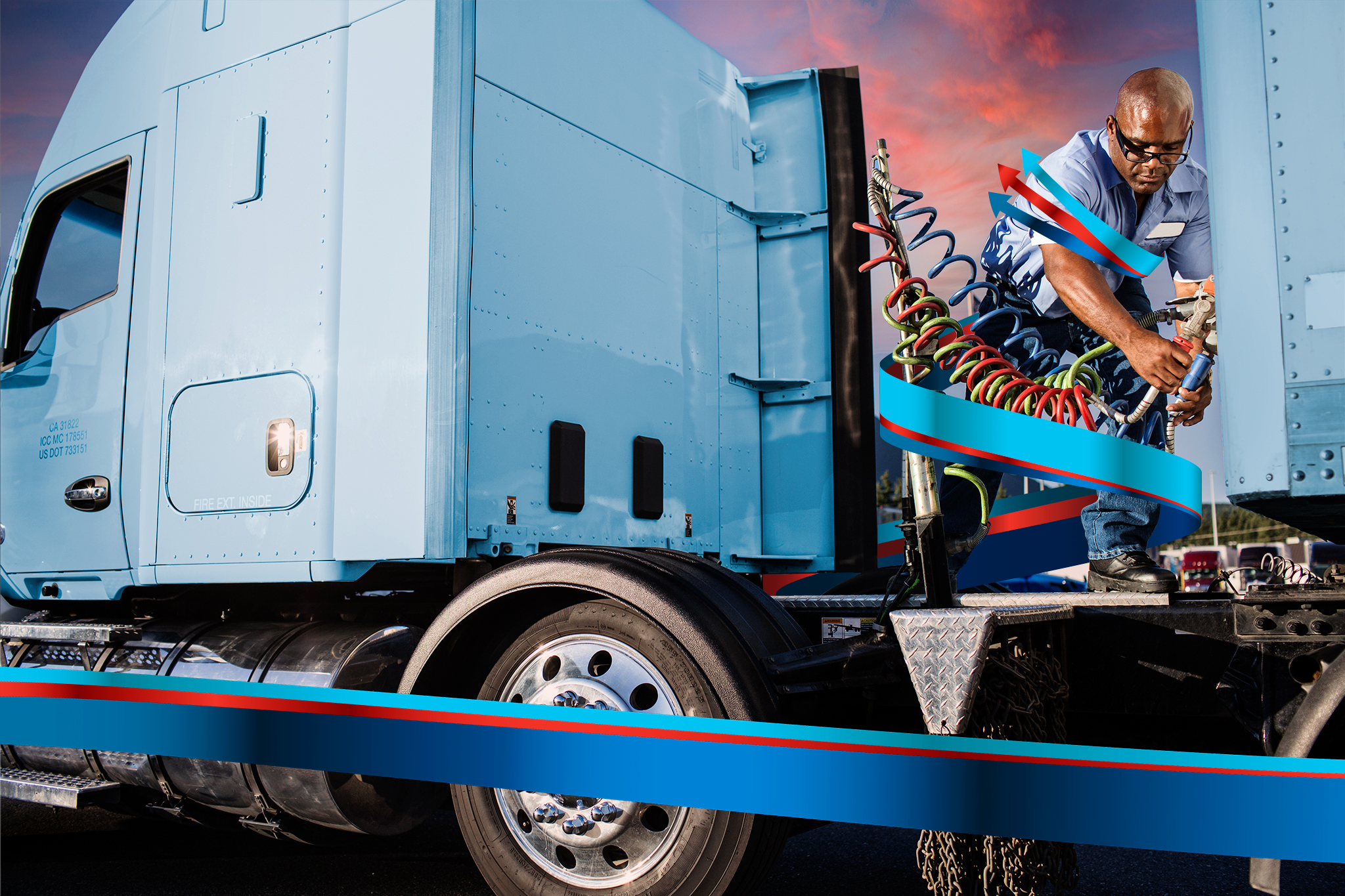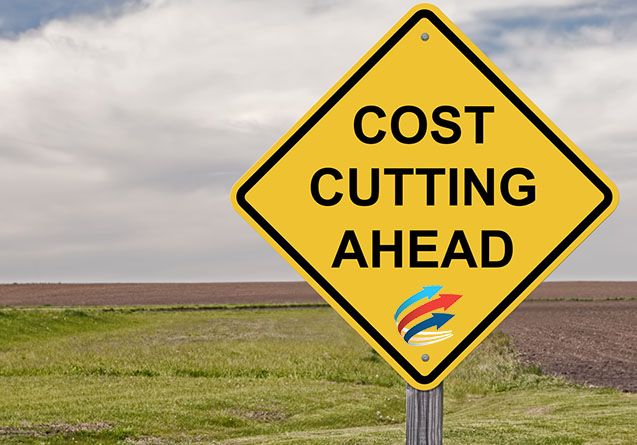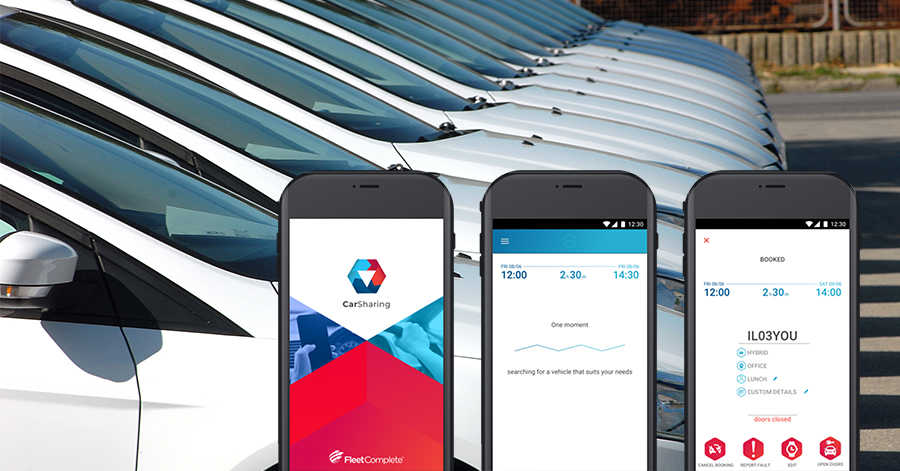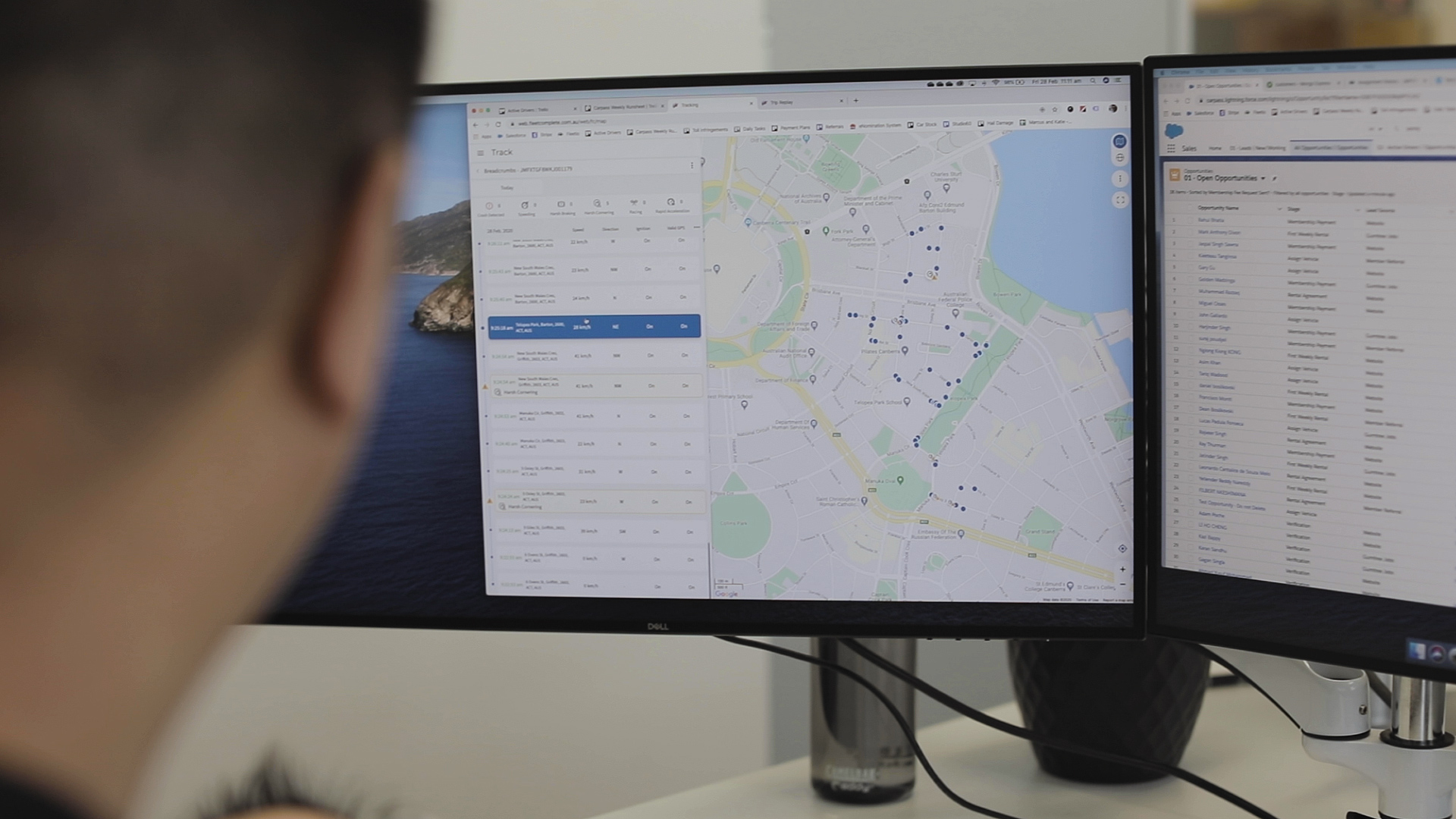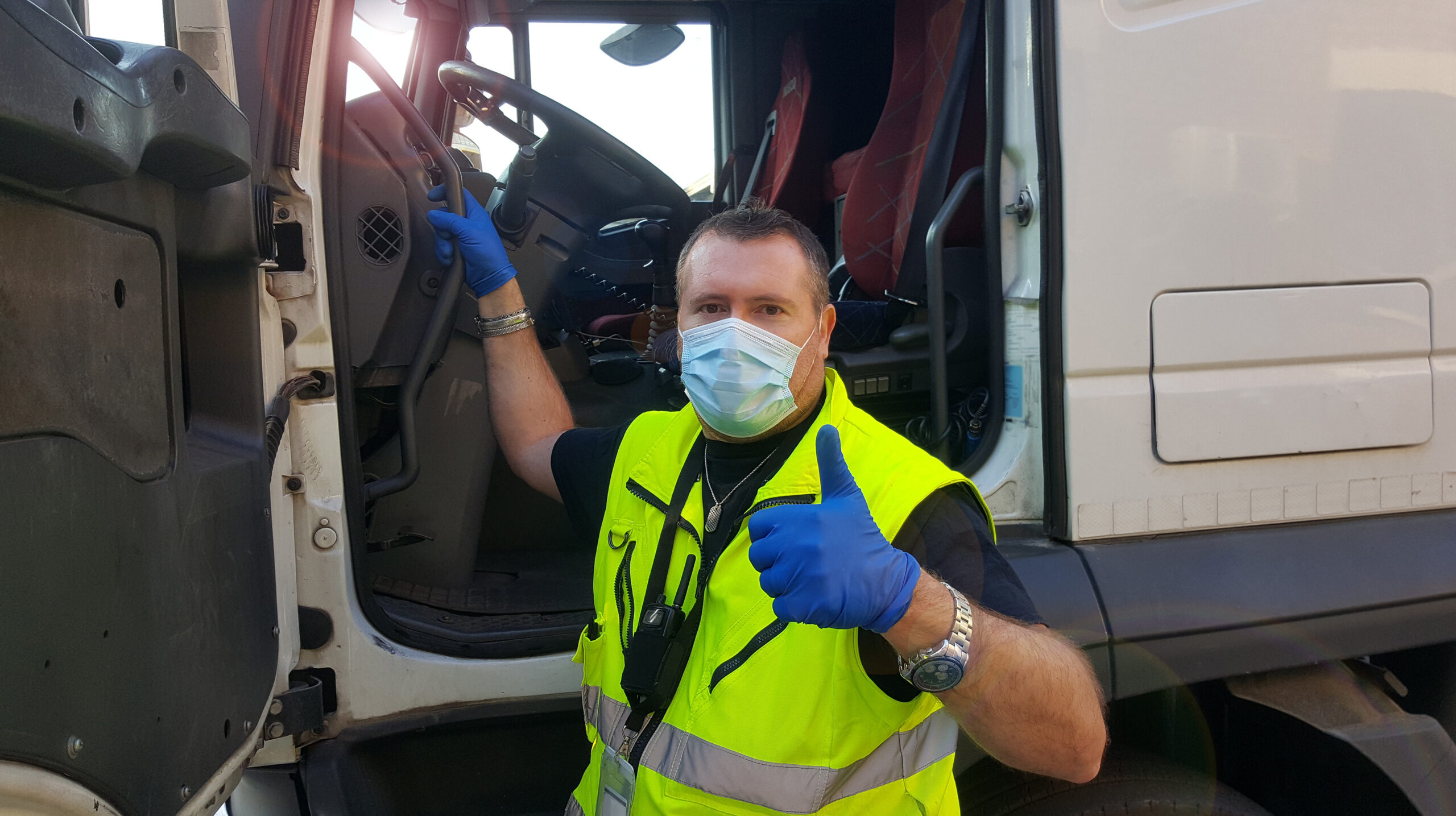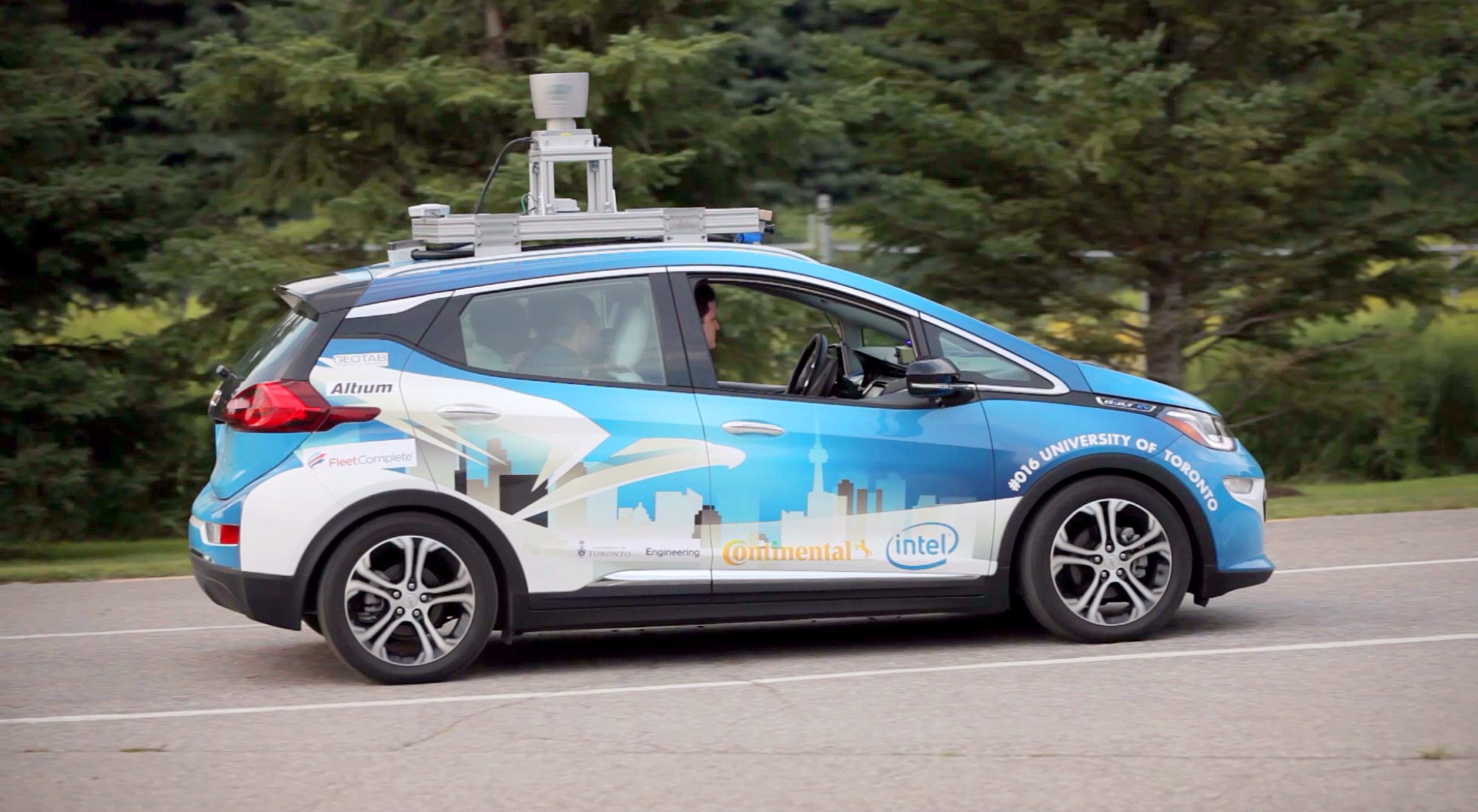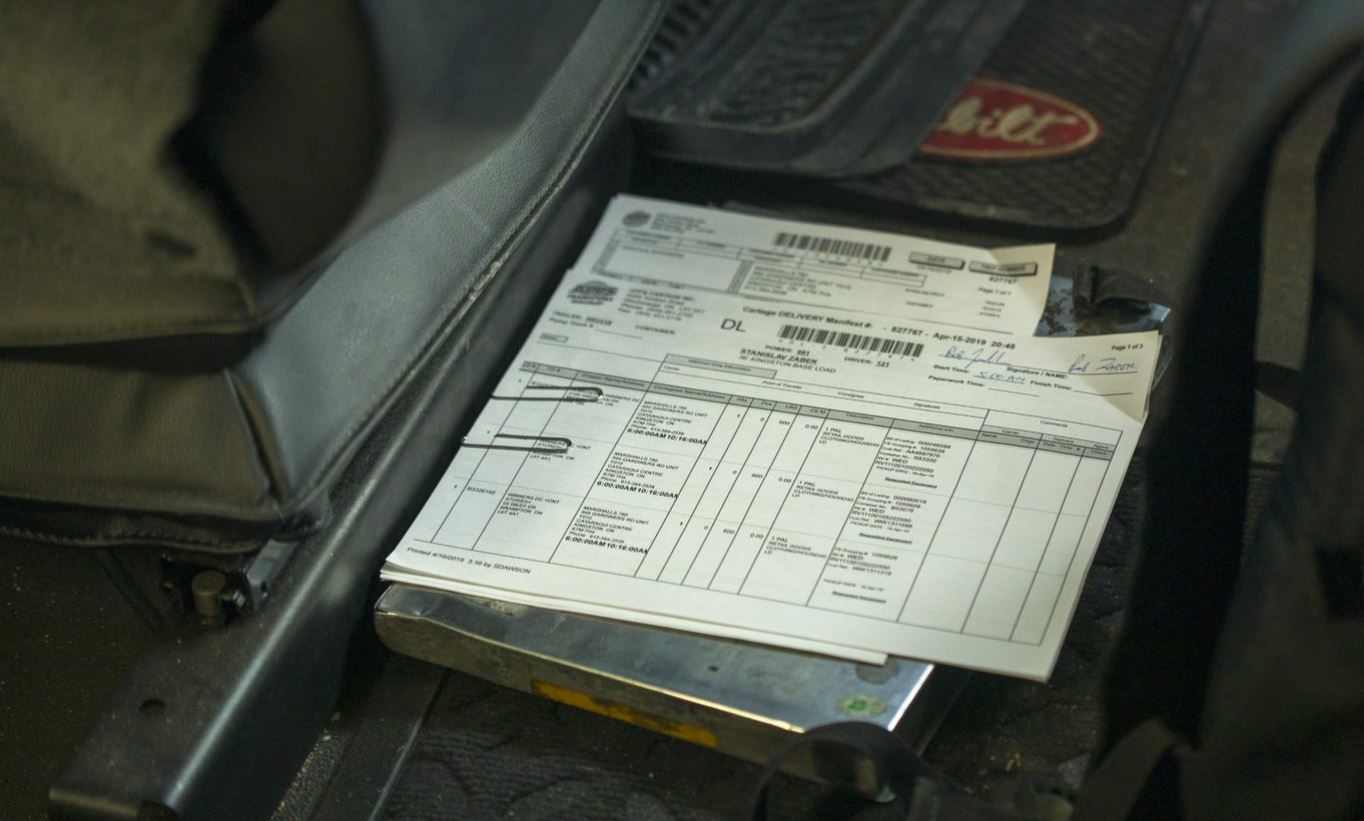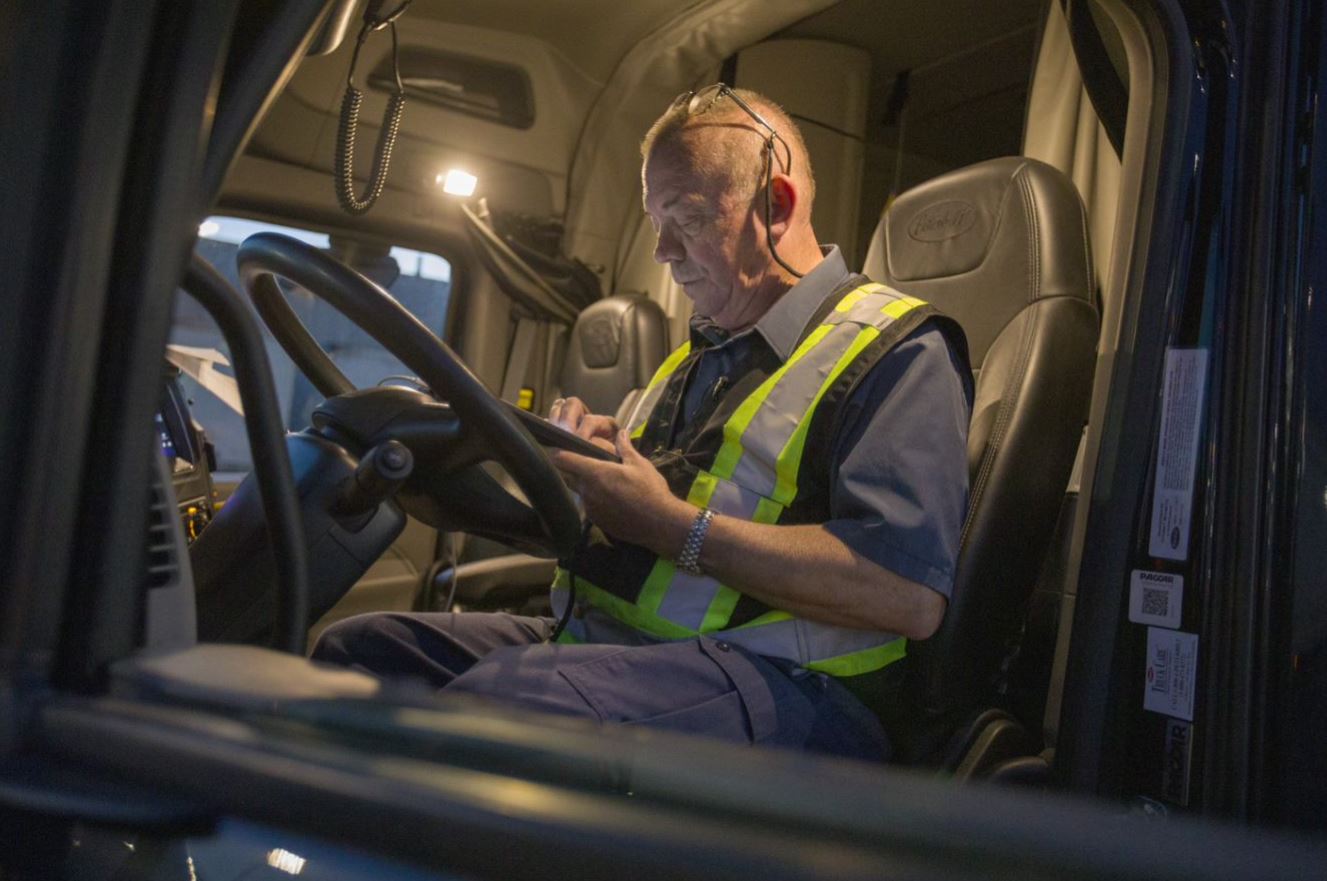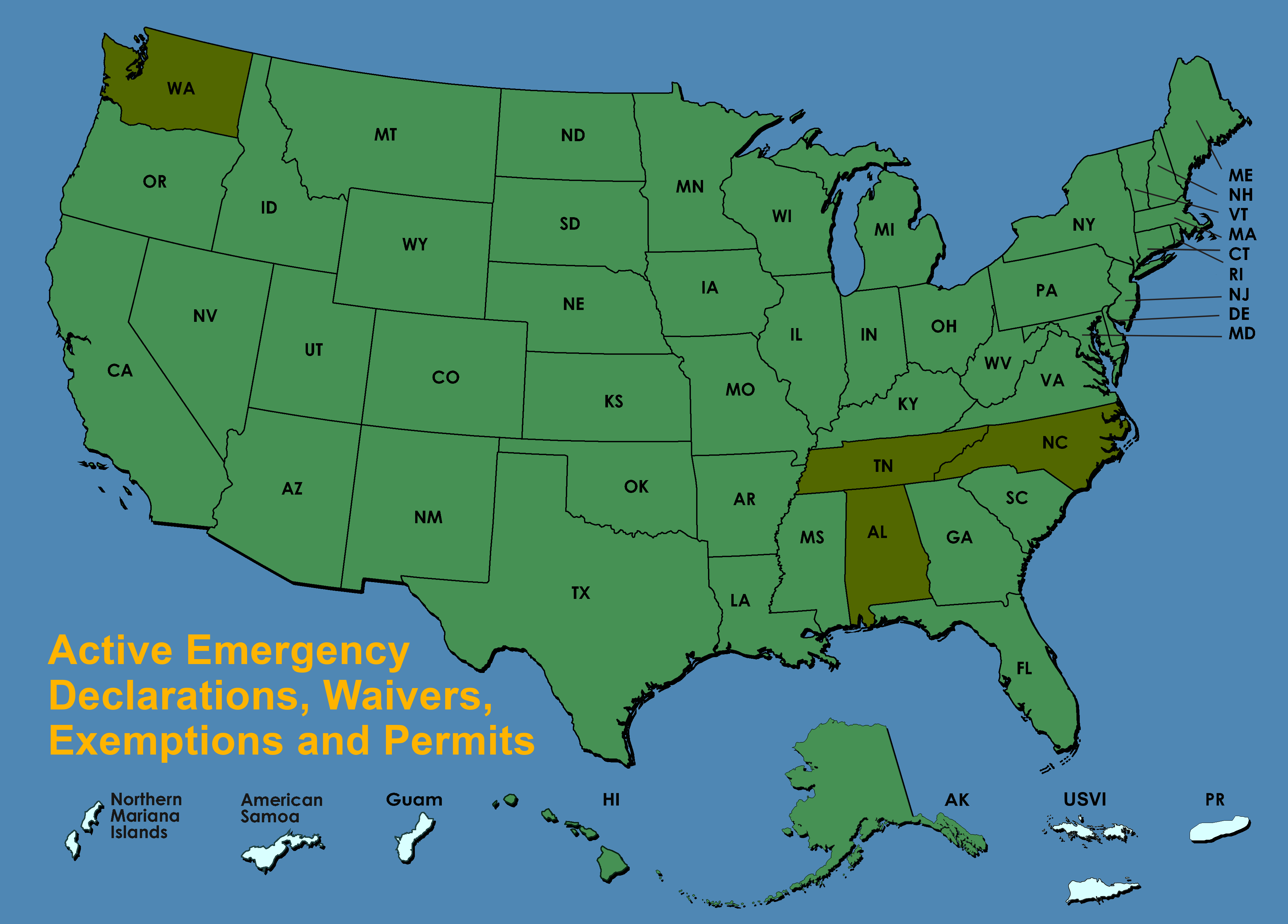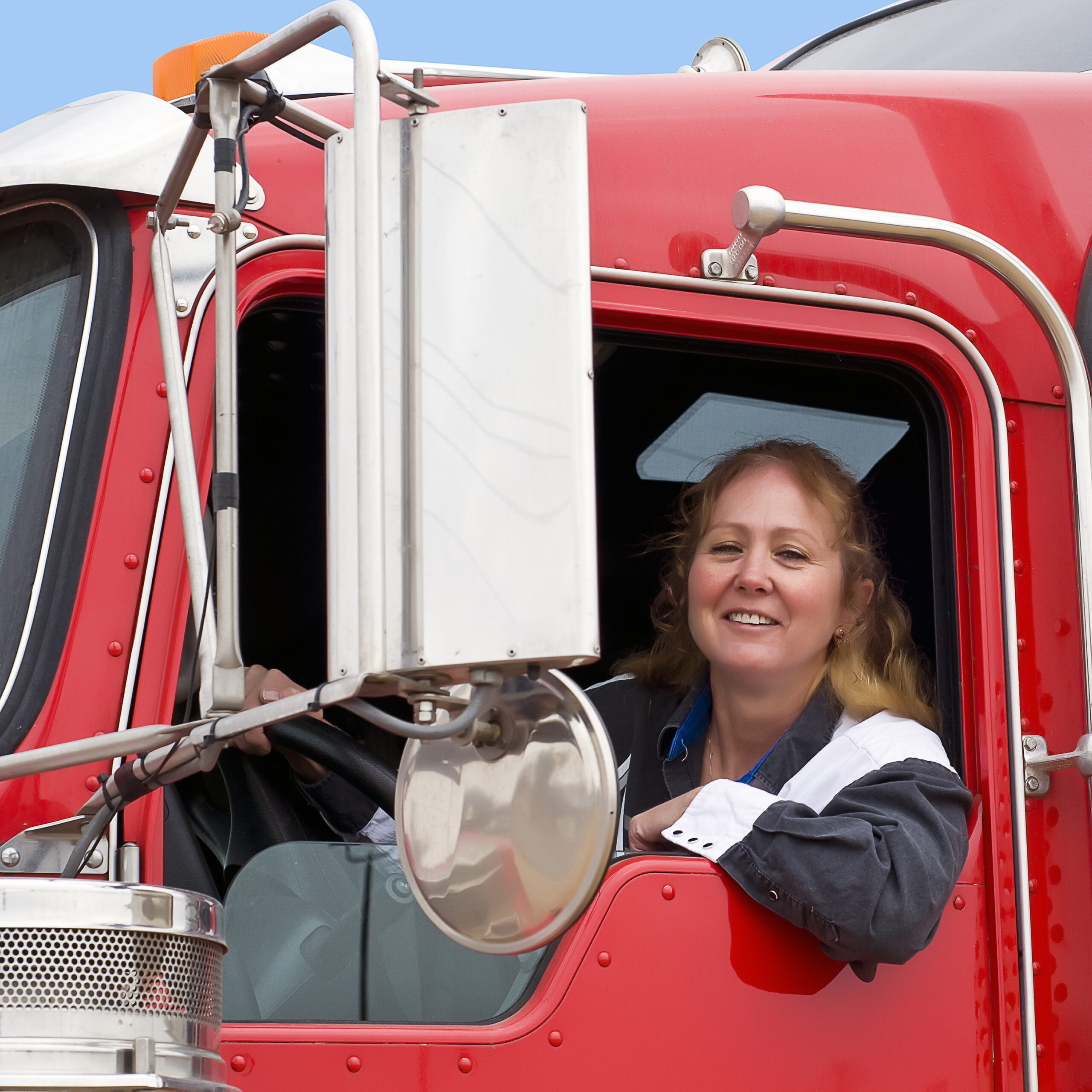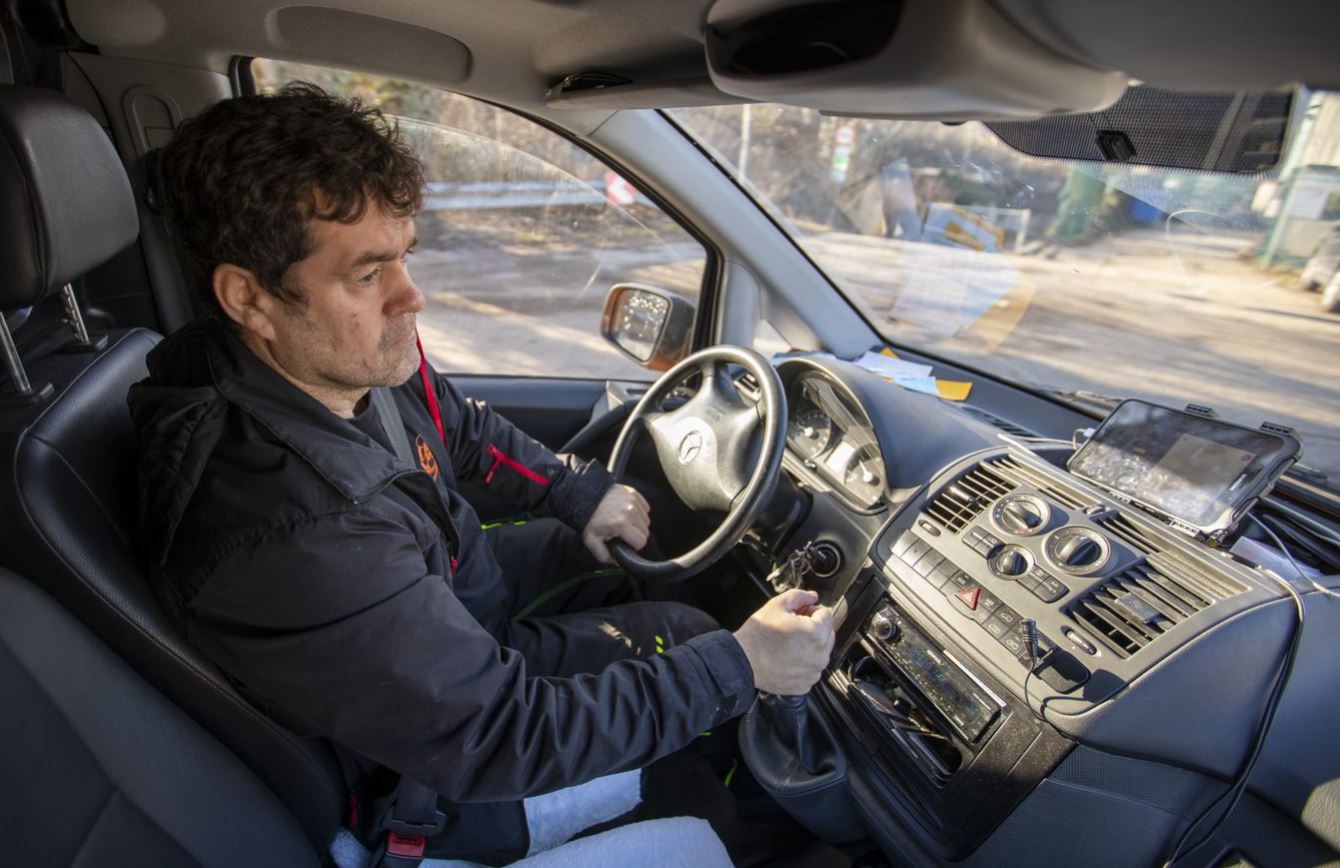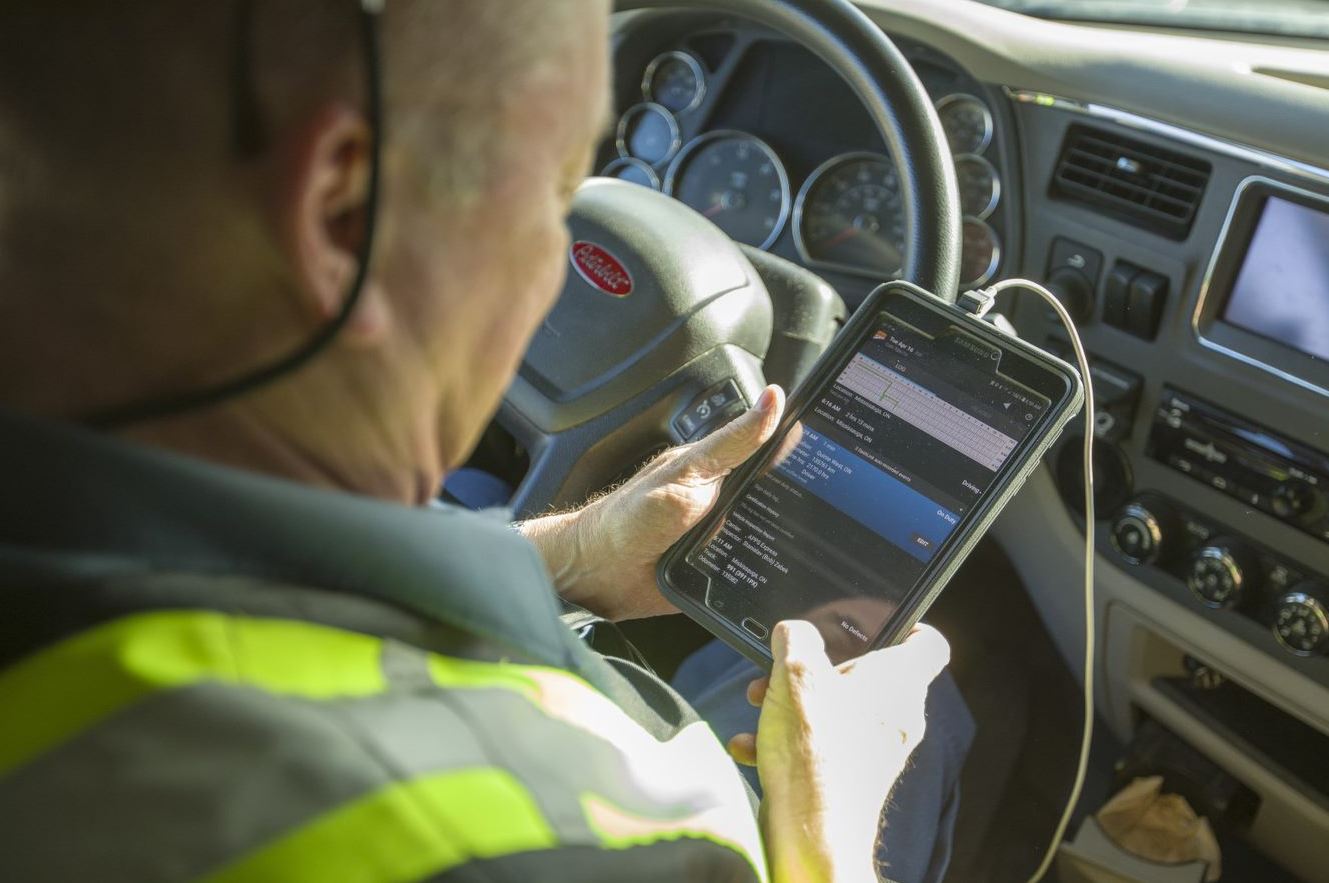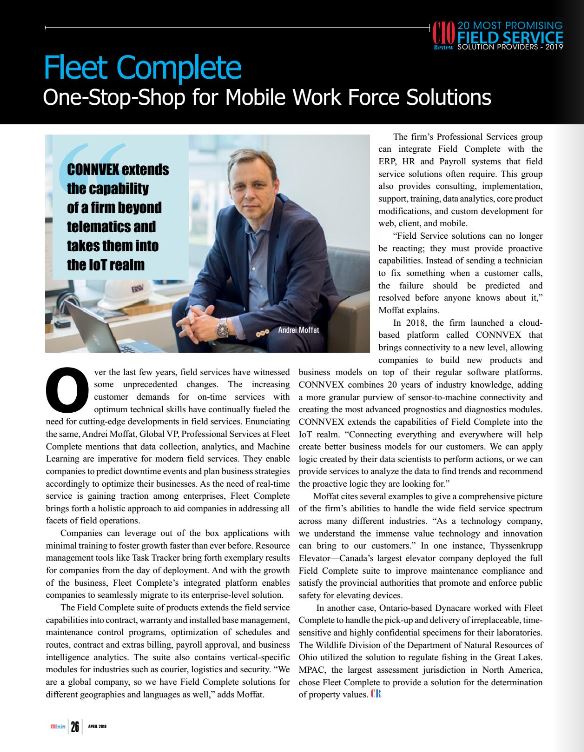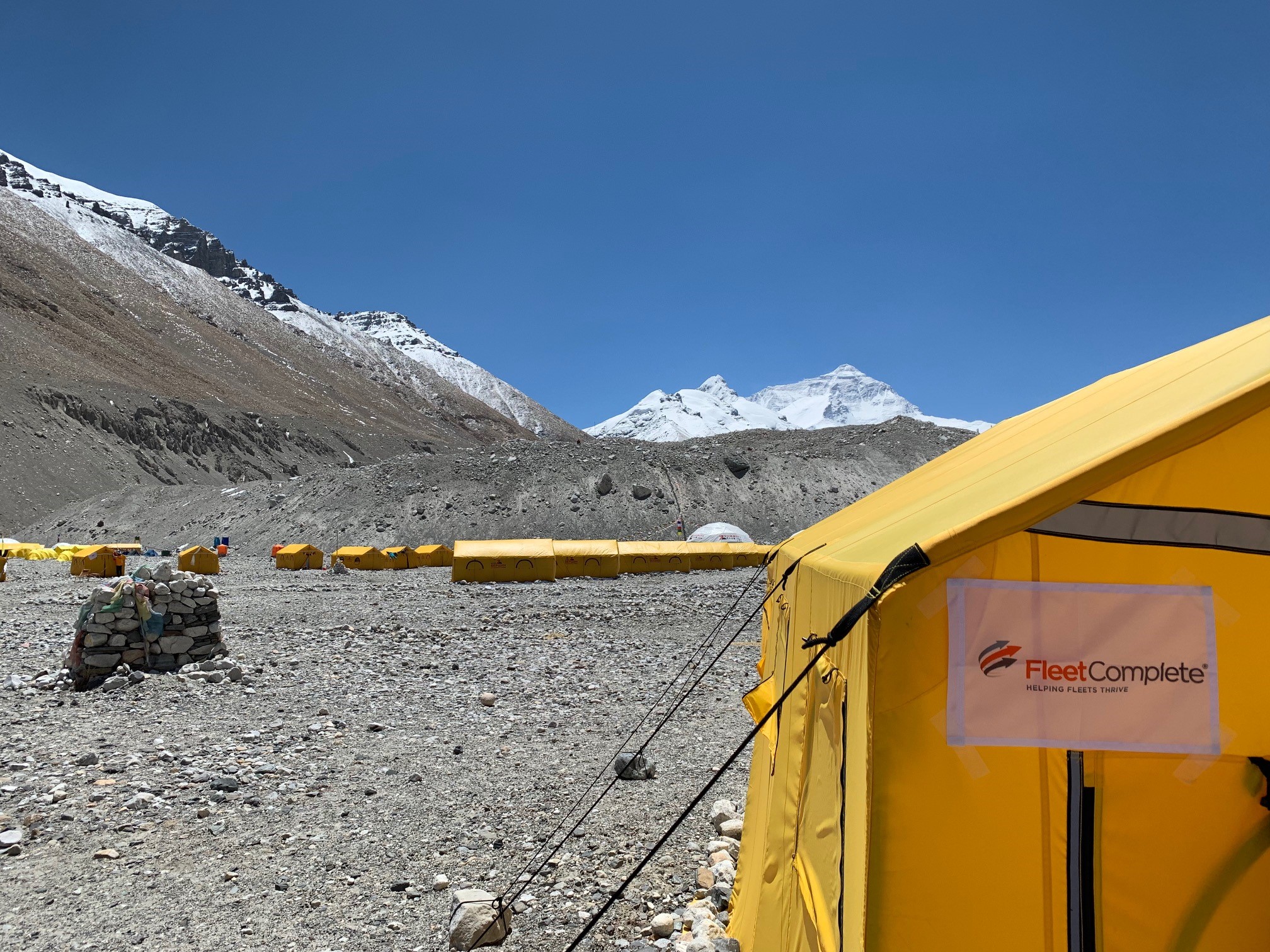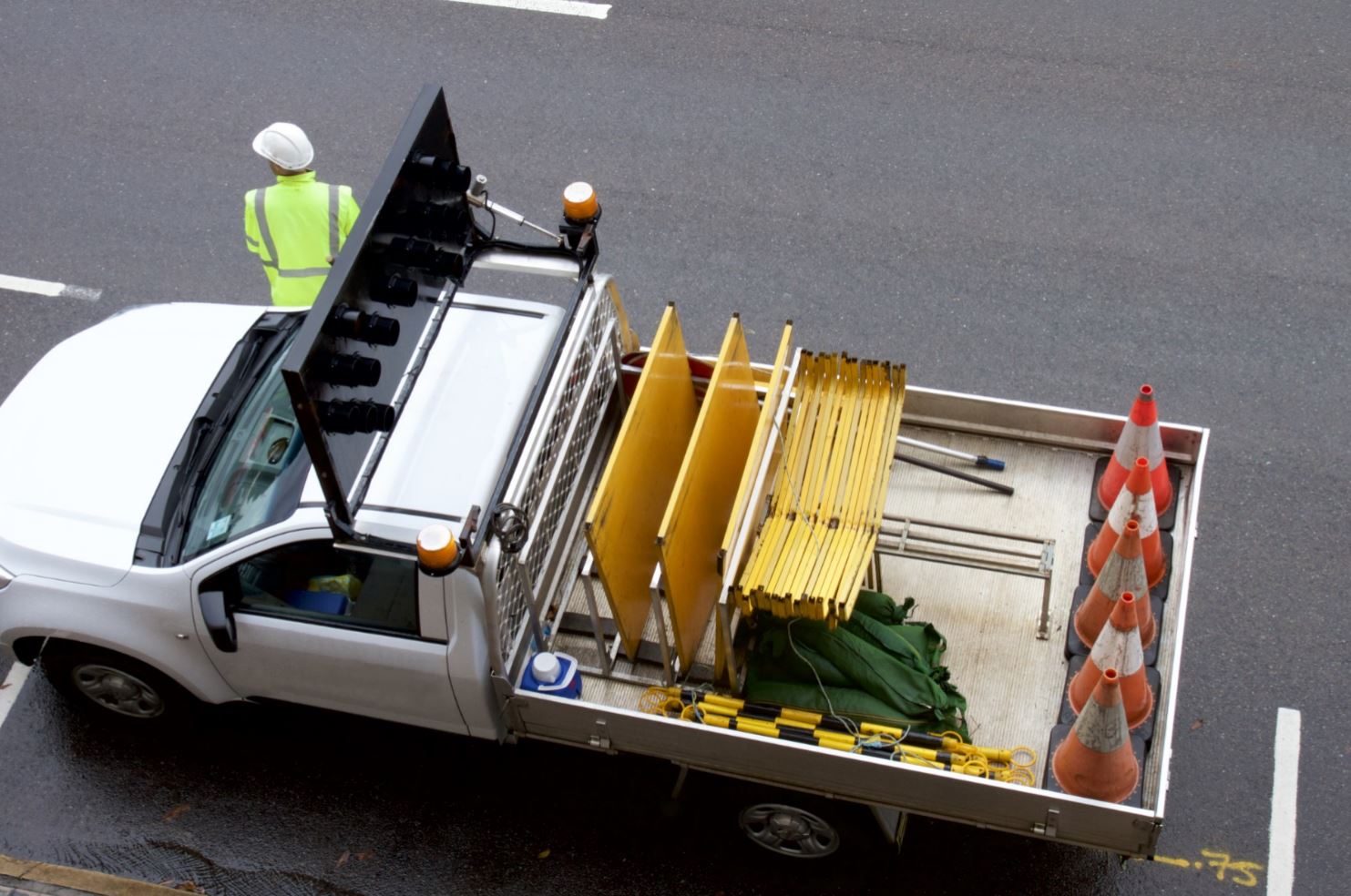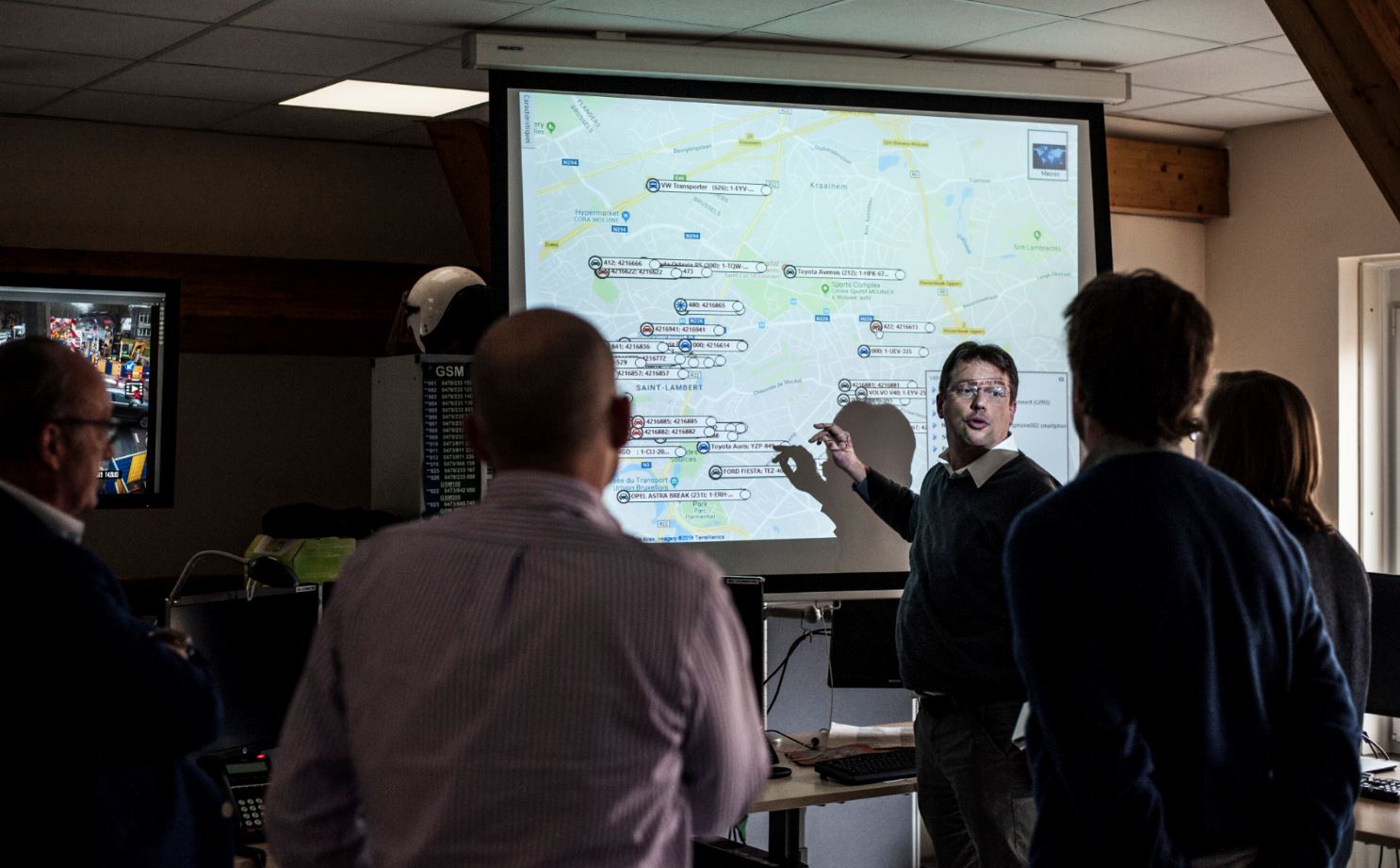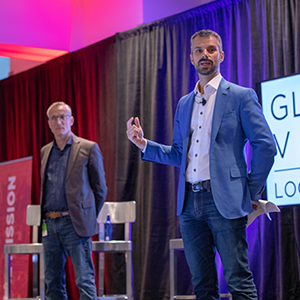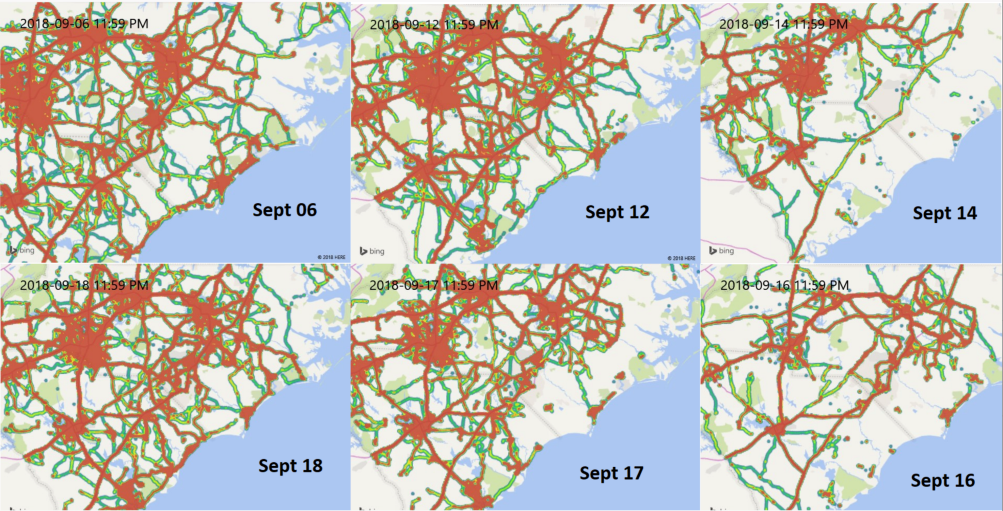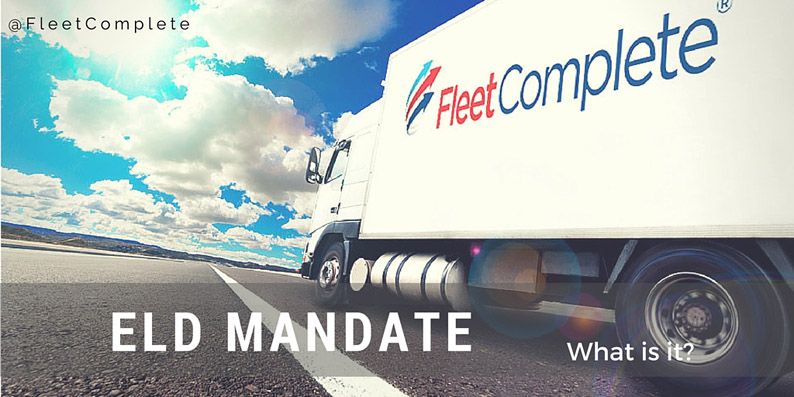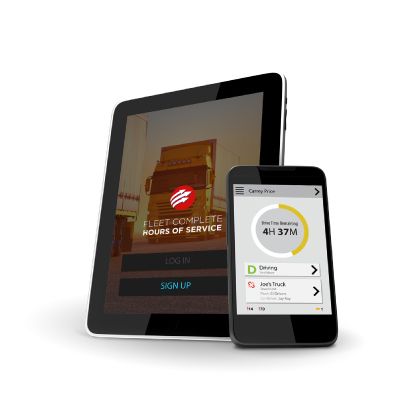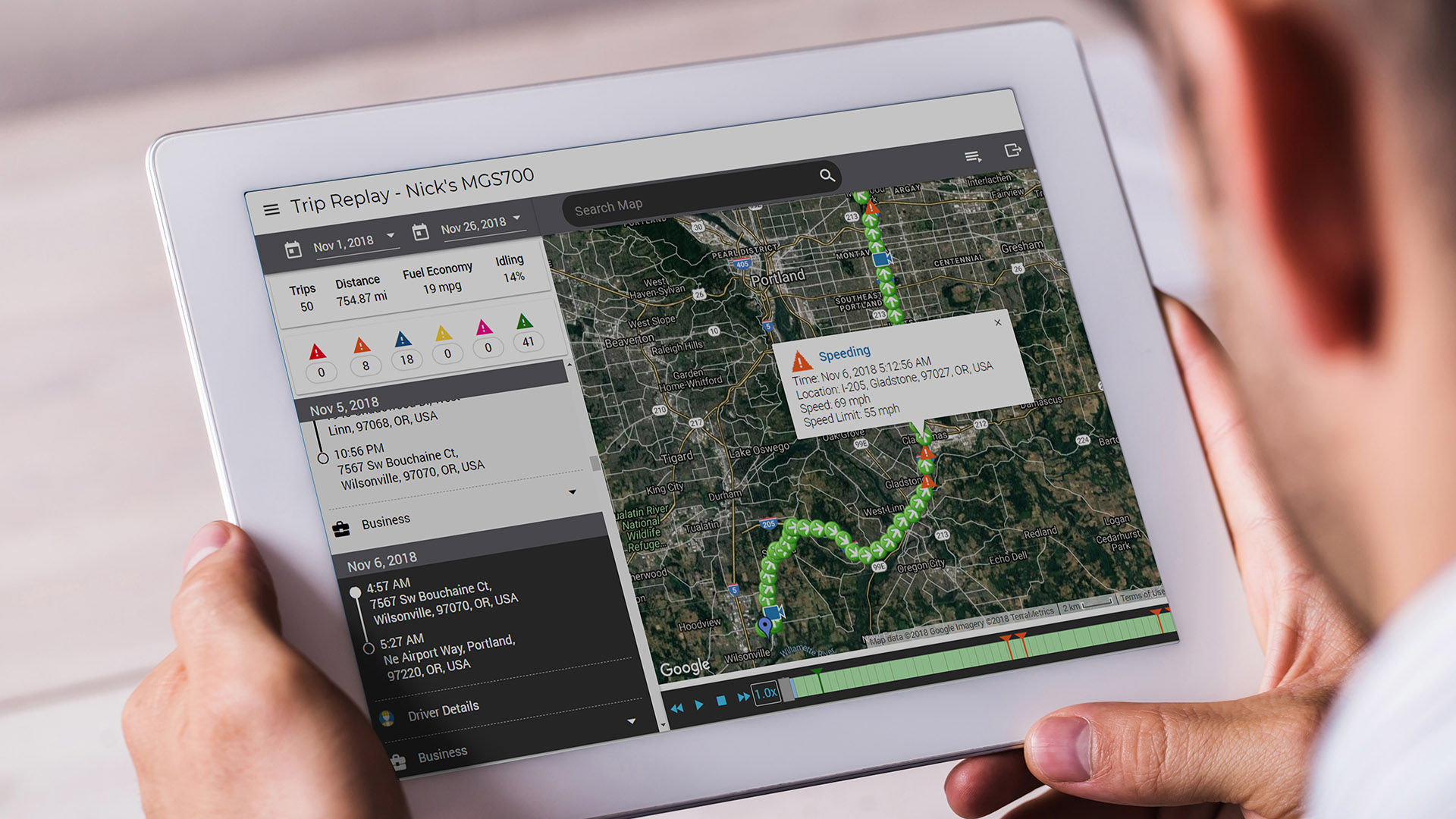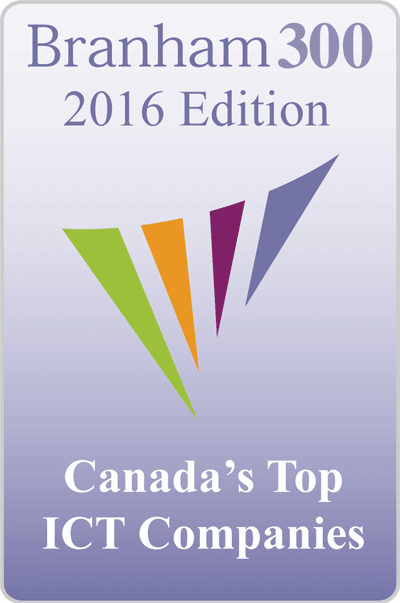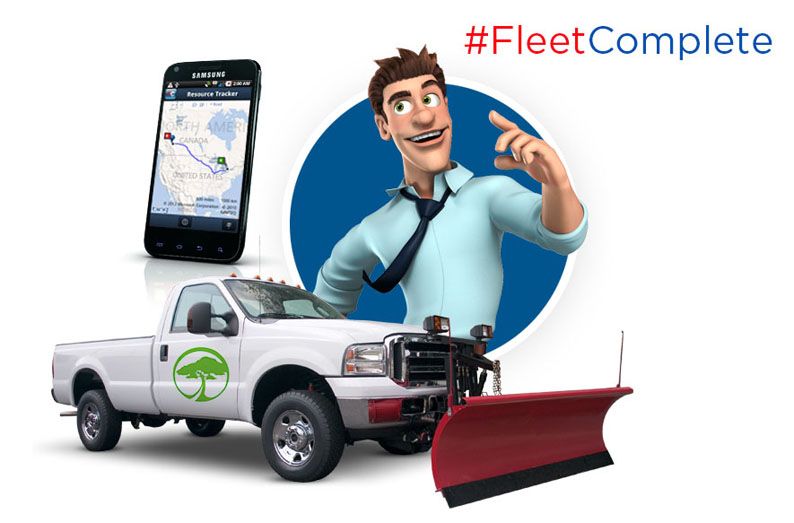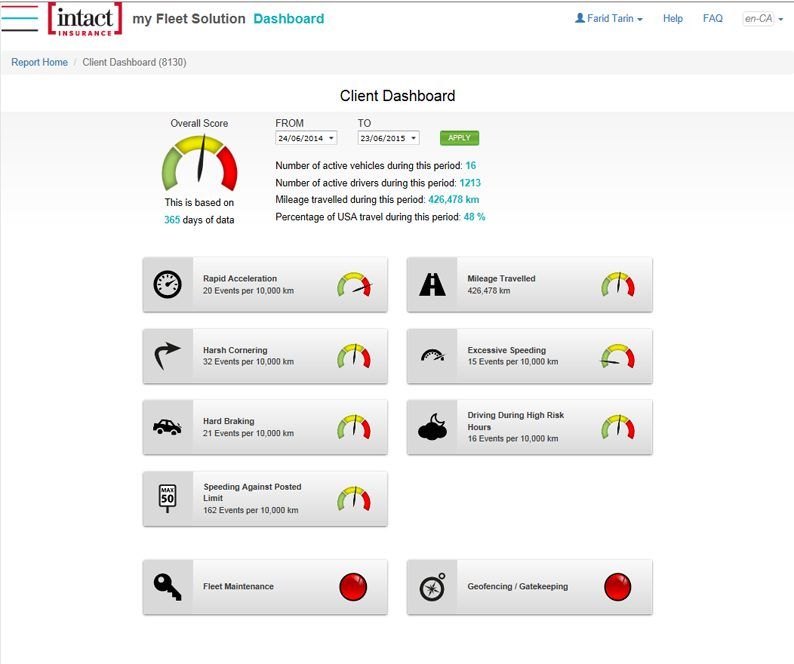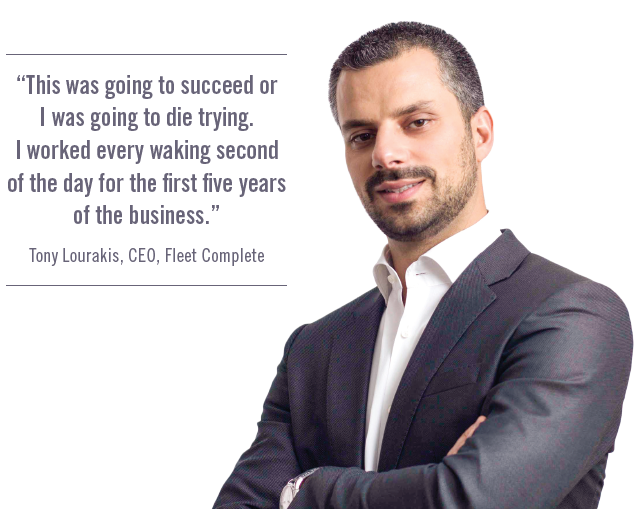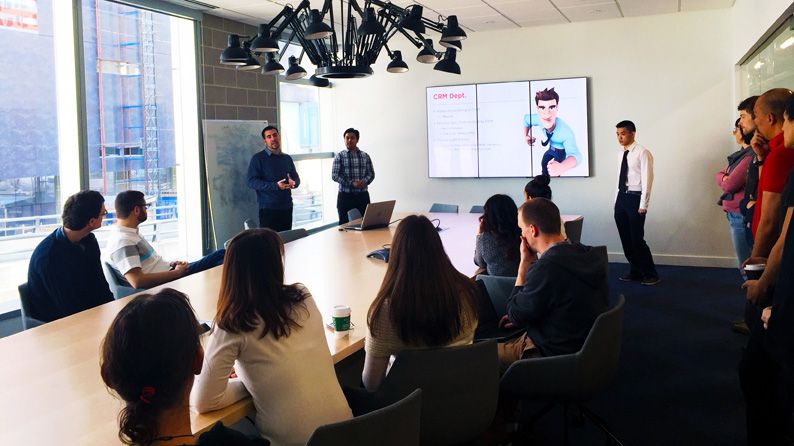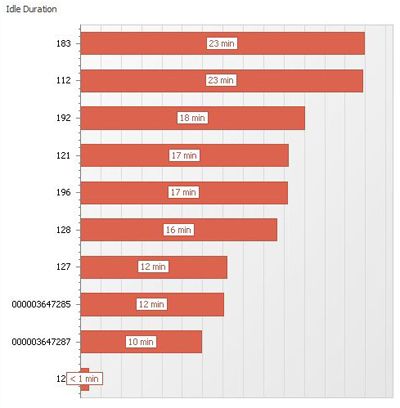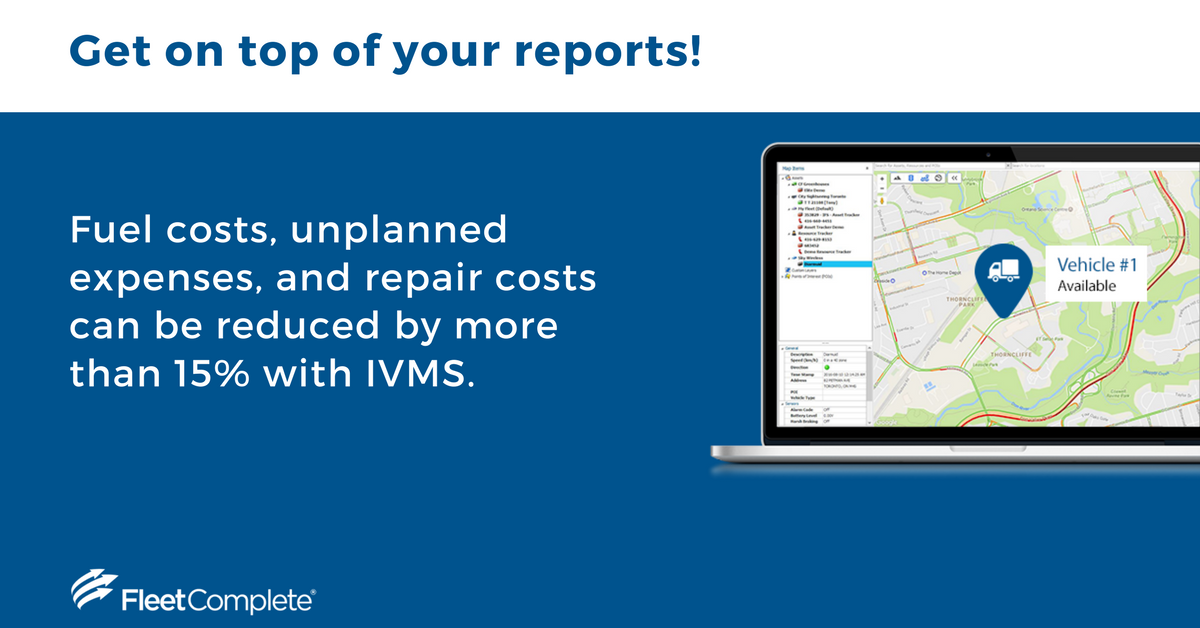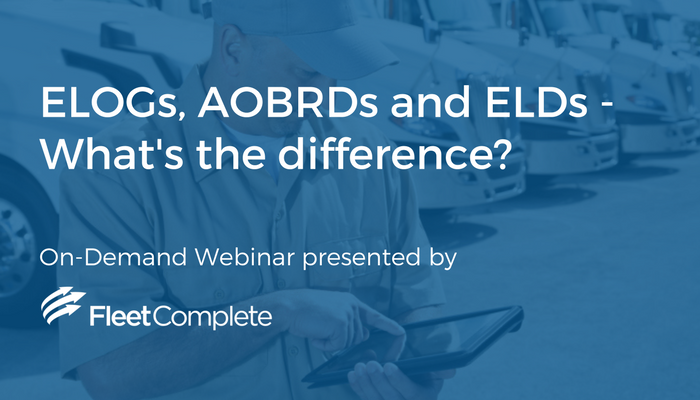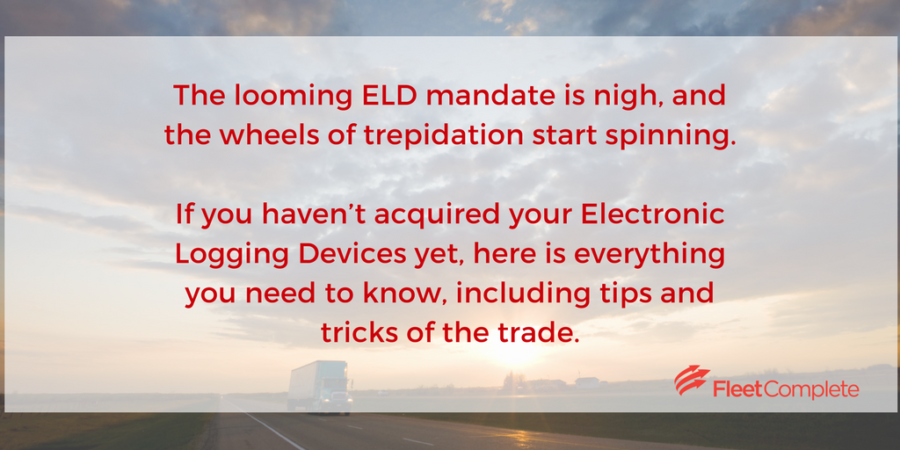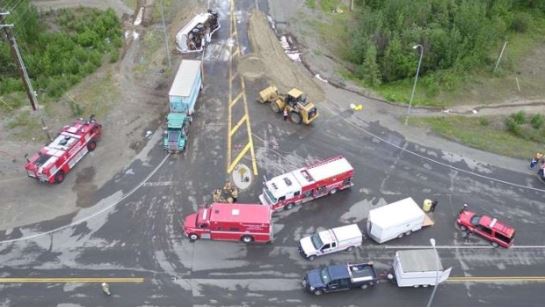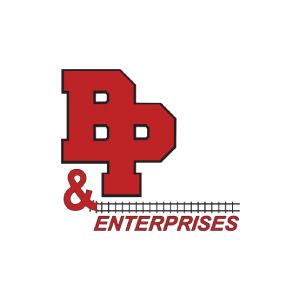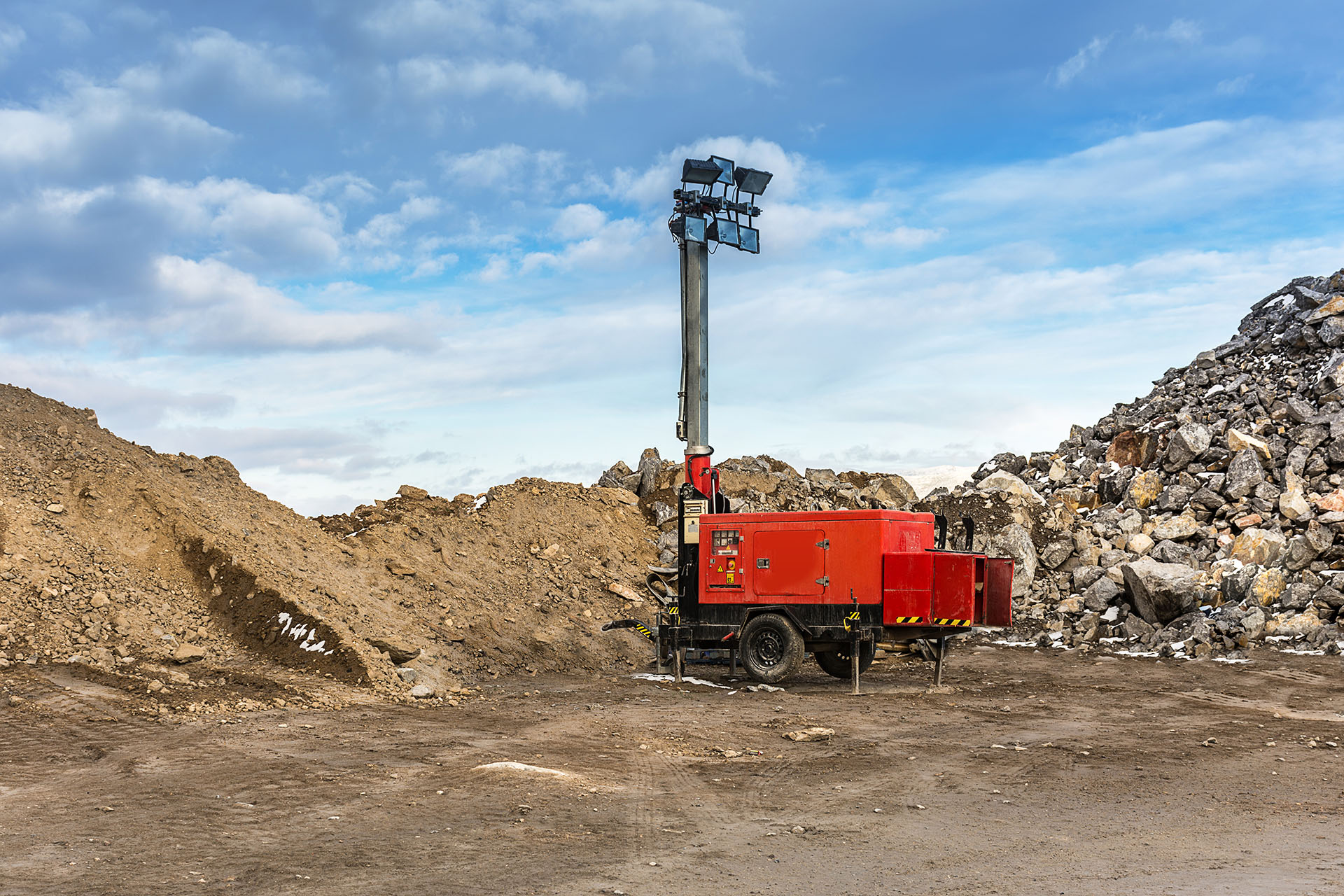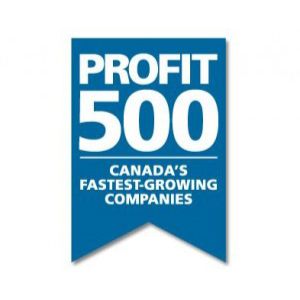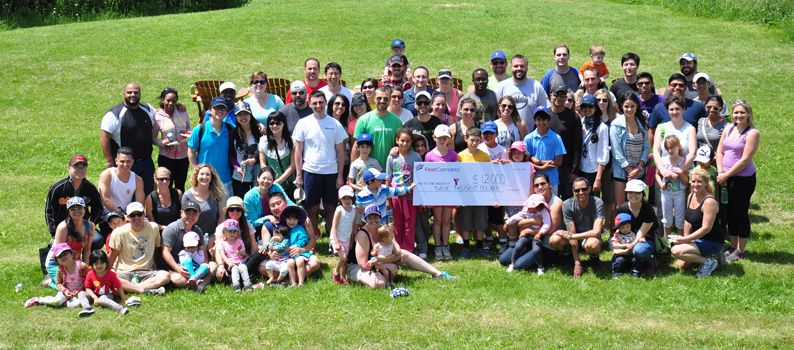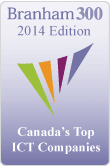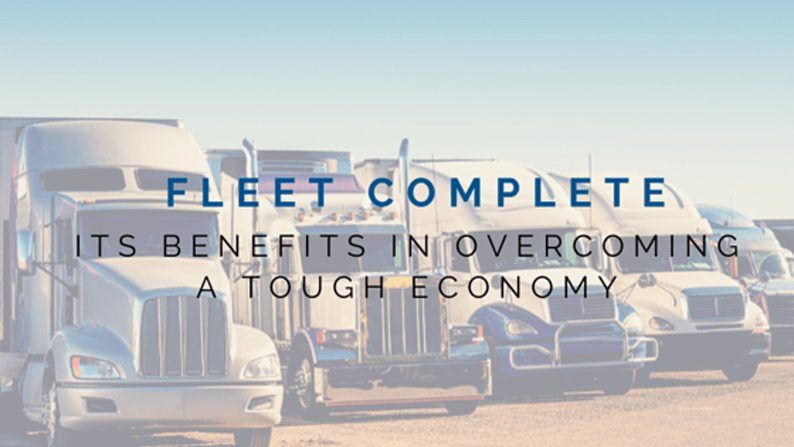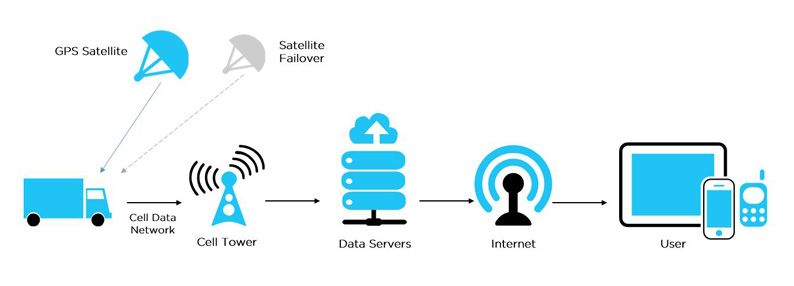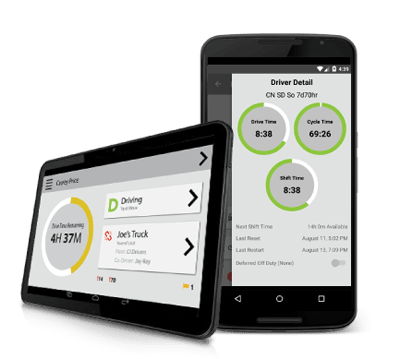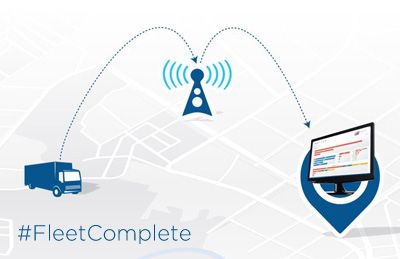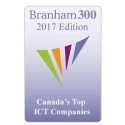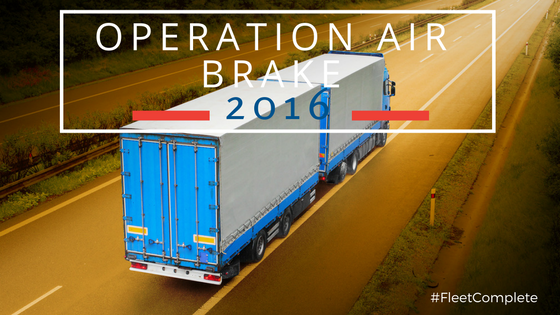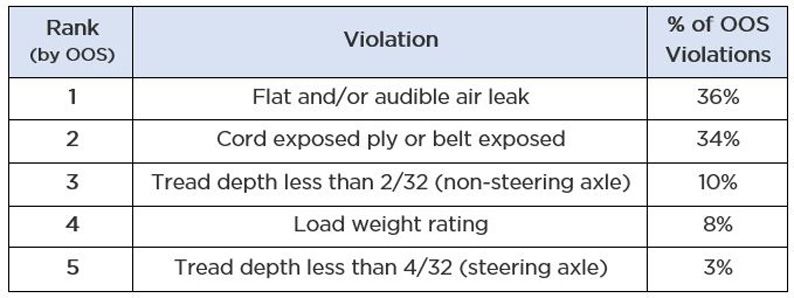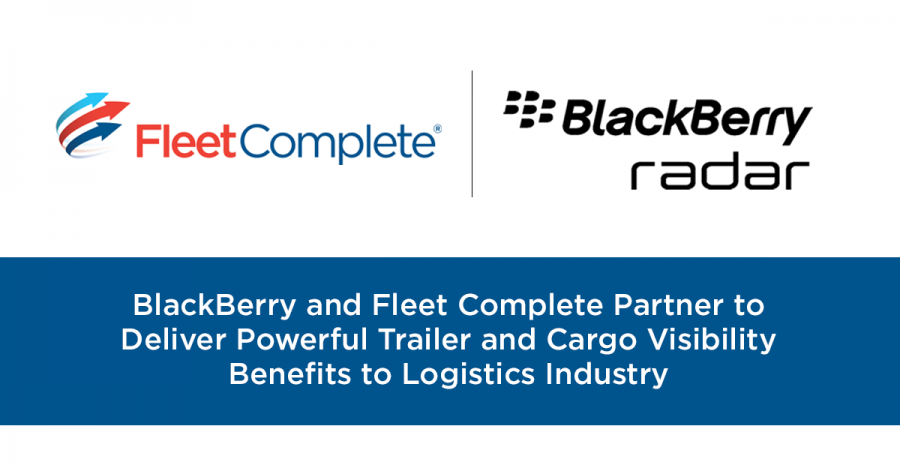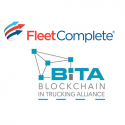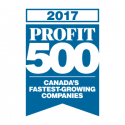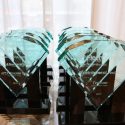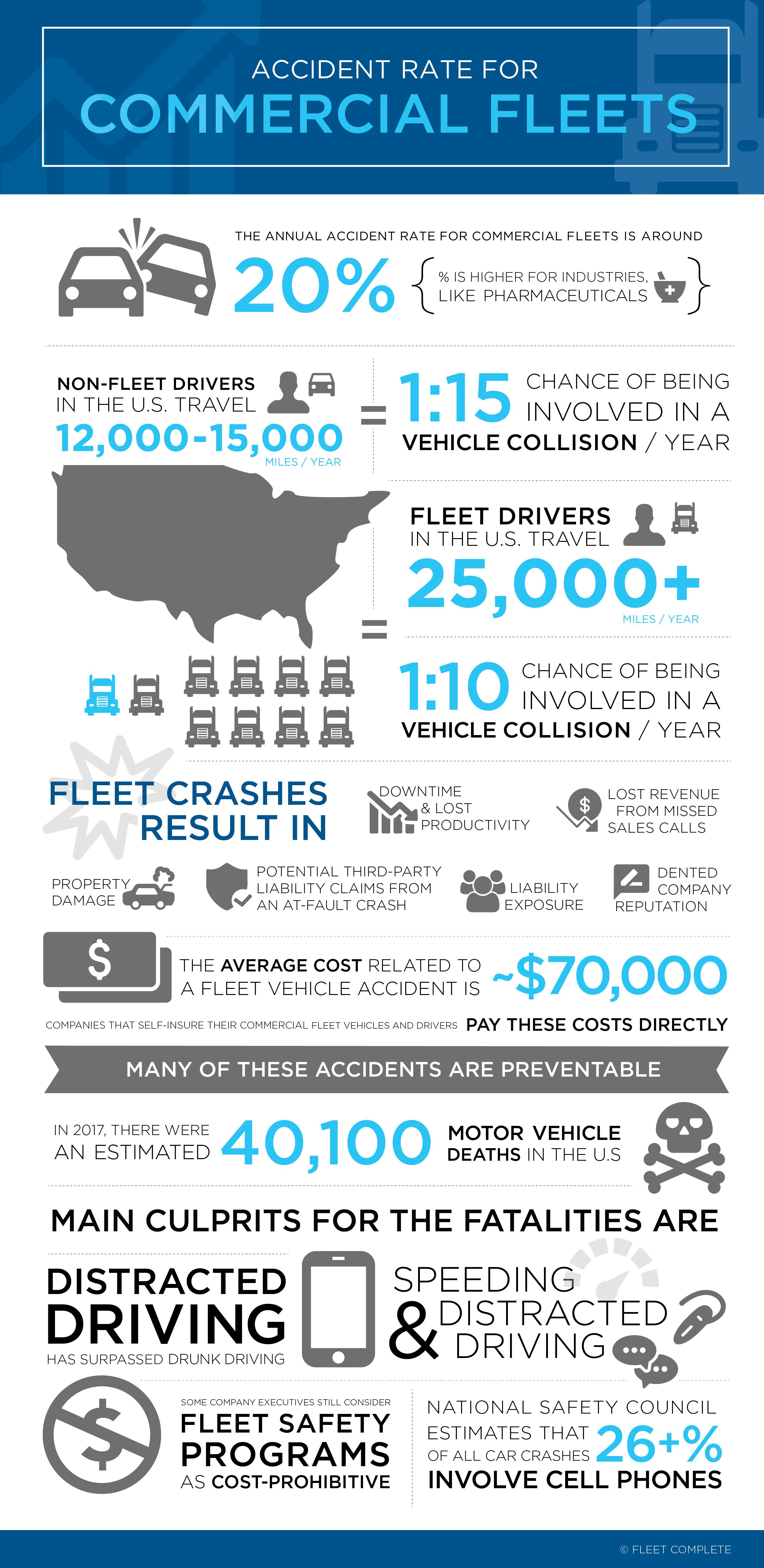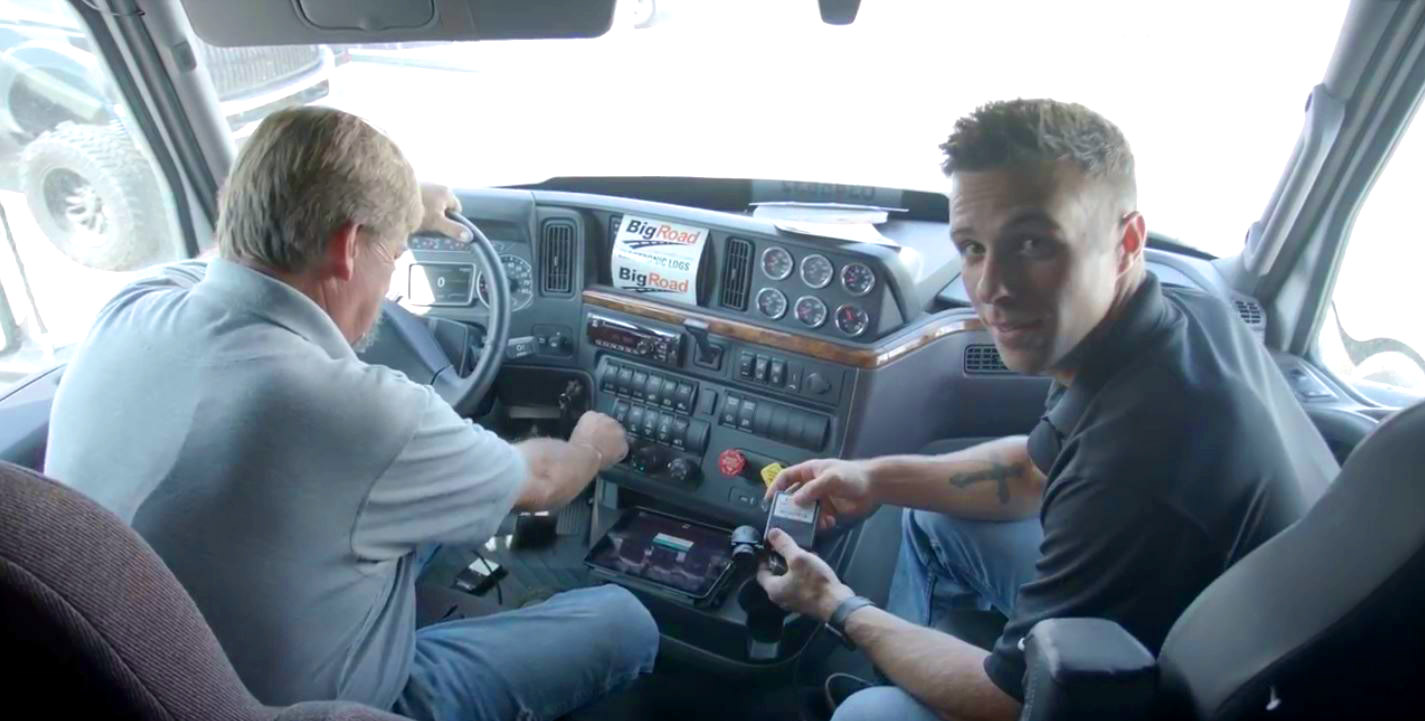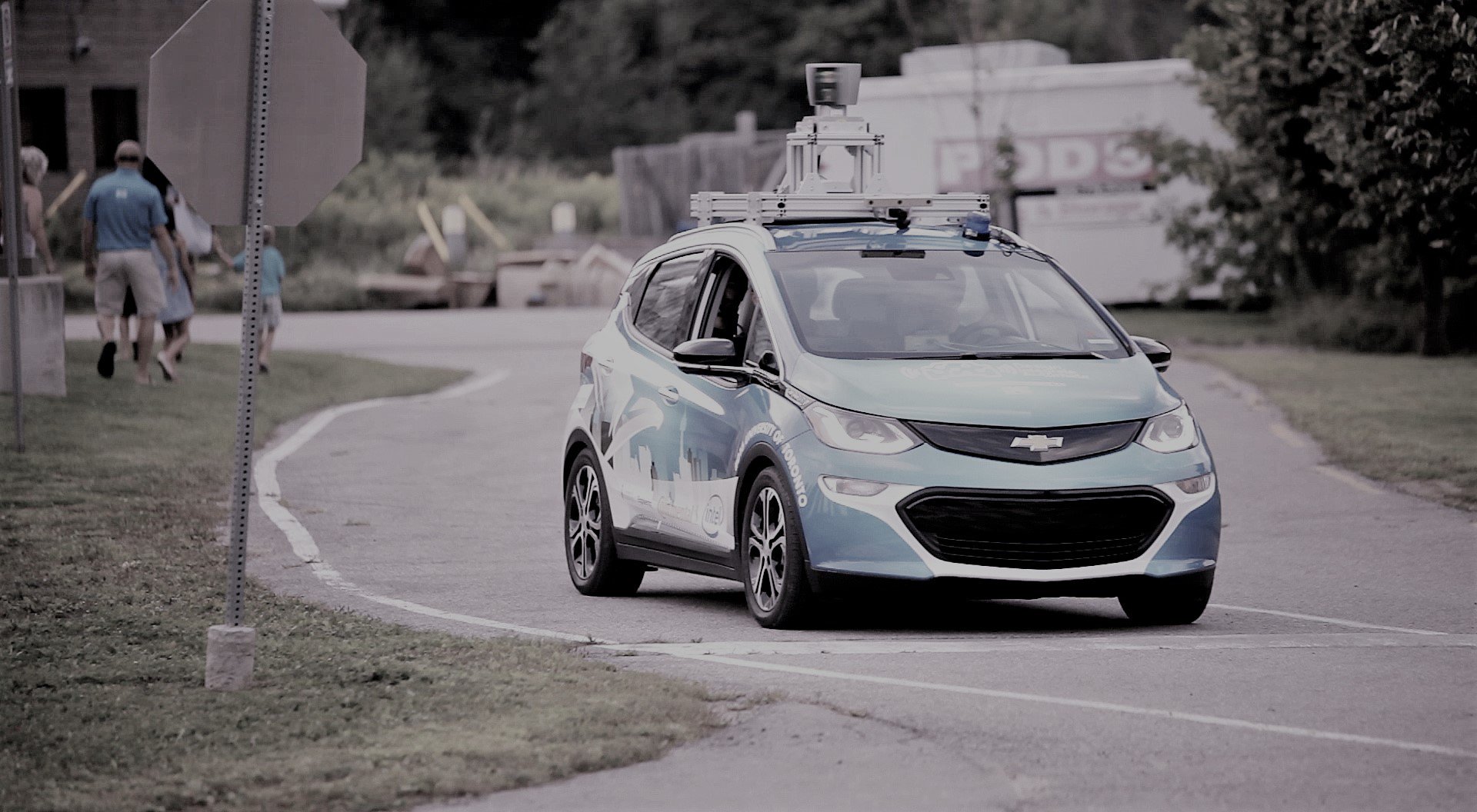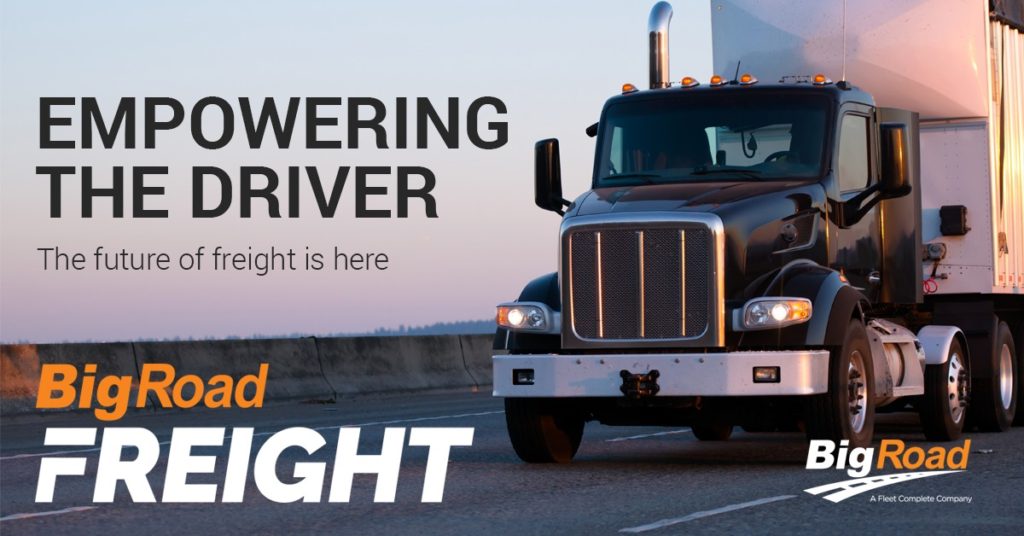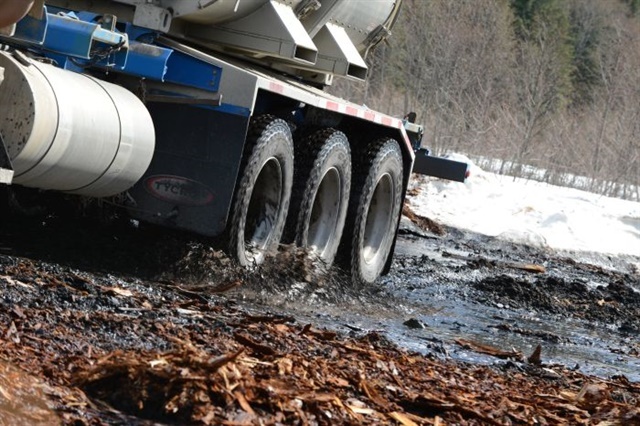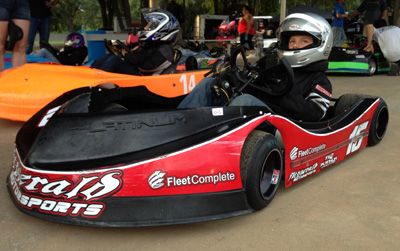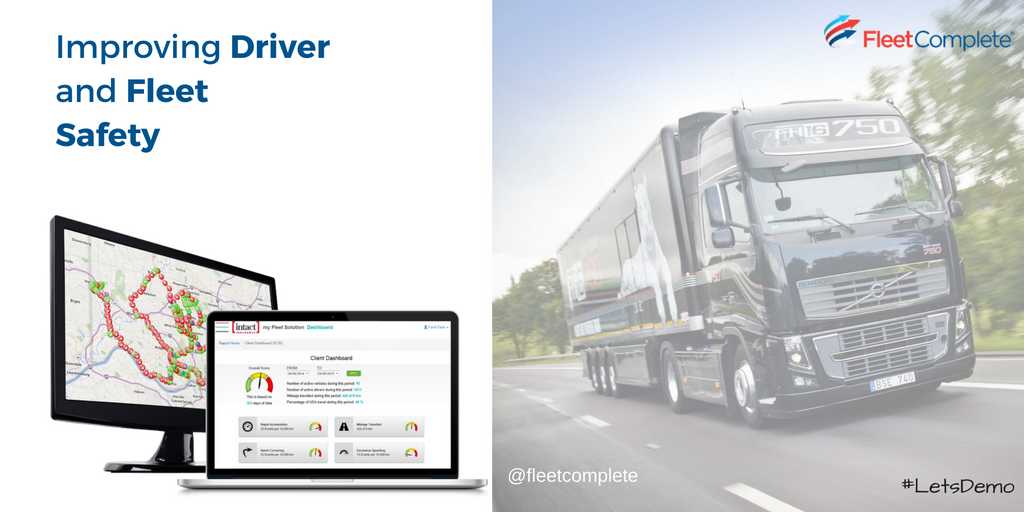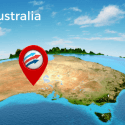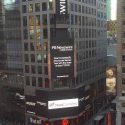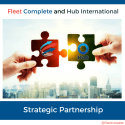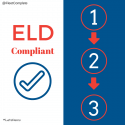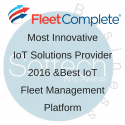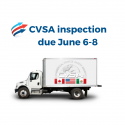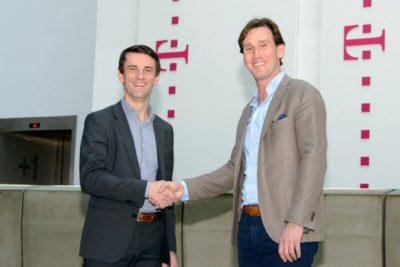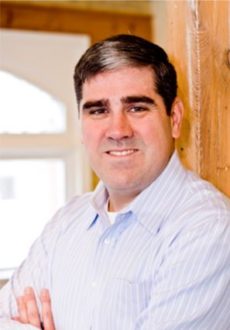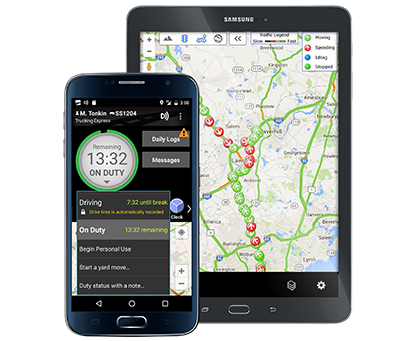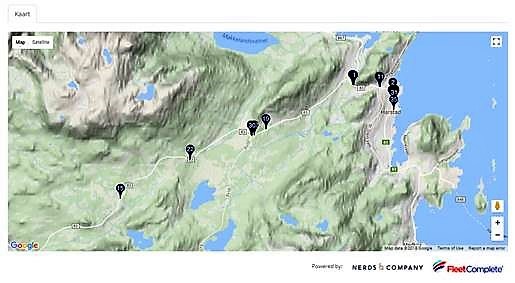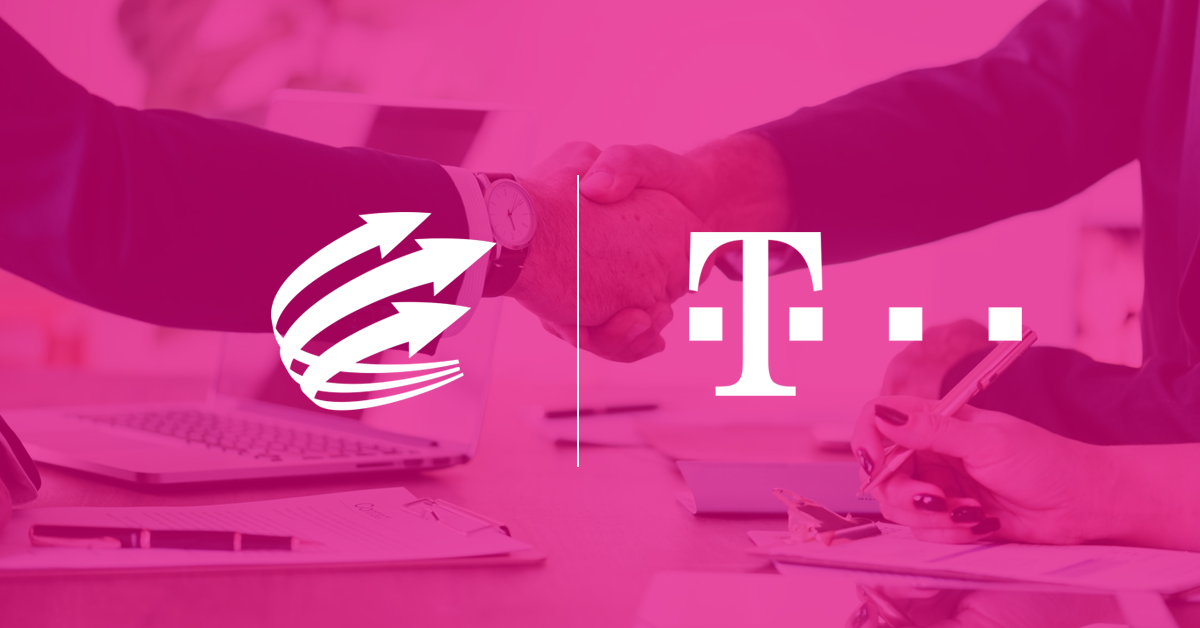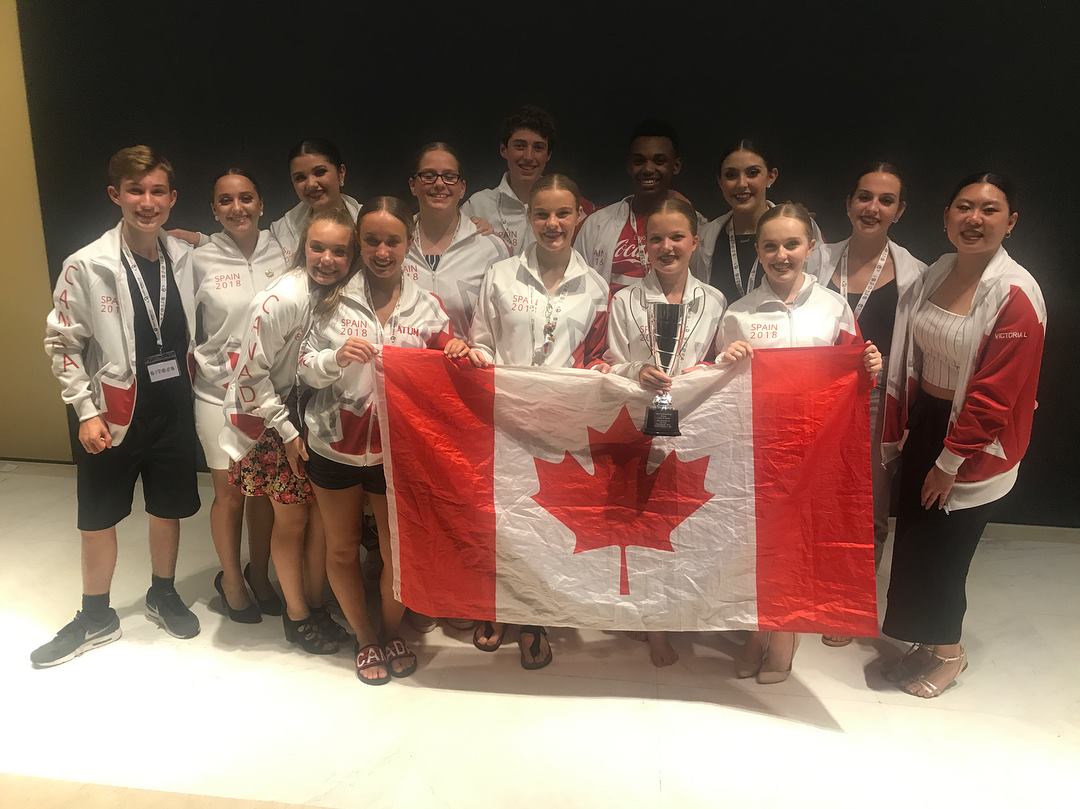Tony Lourakis – the founder and CEO of Fleet Complete – is not an enigma. He wears his passions and ideas on his sleeve, because he believes in helping people and communities thrive, succeed, transform.
Starting from humble beginnings, Tony knows the value of hard work and ambition that drove him to success. This is why, today, he runs the fastest-growing global telematics company and was one of Canada’s Top 40 Under 40 leading entrepreneurs for 2017, taking stage with leaders who consistently make their mark in business and contribute to their respective communities.
Edwin Frondozo had a conversation with Tony on his business leadership podcast for a unique program, featuring insights and actionable items from the world’s most successful business leaders.
Hear firsthand the exclusive interview and personal journey on how today’s transformational leaders made it to the top.
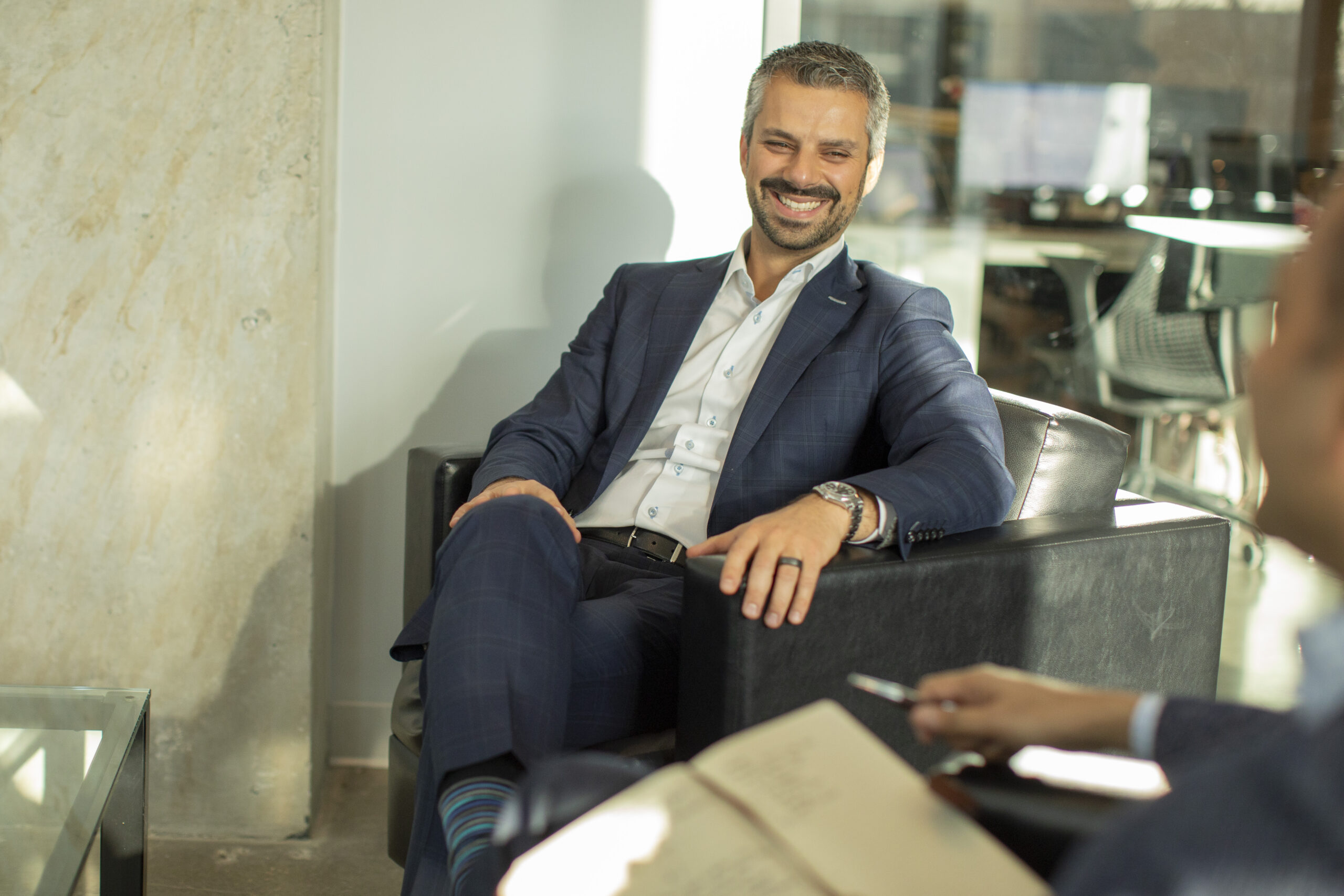
“Really important to focus on the vision, on the values early on. Do you know what your business is about? What are you solving? What values do you frame that around? And then it’s all about the people.” – Tony Lourakis, founder and CEO of Fleet Complete
Edwin Frondozo: It’s all about the people. Words that resonated and echoed in my mind long after this interview. This is the Business Leadership podcast, and I’m Edwin Frondozo.
Thank you for taking the time to join me today on this episode. I’m thrilled and excited to share the conversation that I had with Tony Lourakis.
He is the founder and CEO of Fleet Complete – one of the fastest-growing global technology companies. In our conversation, we talked about many topics, including the importance of surrounding yourself with great mentors, how he keeps the organization from becoming an institution, and why it’s important to focus on the vision and values of the company.
Tony, welcome to the business leadership podcast.
Tony: Thank you.
Edwin: First off, thank you for having me here at your company, Fleet Complete. Before we jump in about your story, why don’t we start off by introducing you. Tell us. Tell the listeners who’s Tony and what do you like to do when you’re not growing and scaling companies.
Tony: Who is Tony…So Tony is a Toronto native, thirty-eight years old, married – we have a ten-year-old son, he just turned ten yesterday, actually. So, when I’m not working, I try to spend every free moment with my family.
Beyond that, I love to cycle – that’s kind of my personal sport of choice. I like to work out, too, a little bit in the gym and a little bit of weightlifting.
So yeah, I just I think the three areas I spend most of my time in are the business, family, and personal kind of fitness stuff.
I also spend a little bit of my time on philanthropic type of work. I’m involved with the Hellenic Heritage Foundation, which is near and dear to my heart. It’s an organization whose purpose and mission is to preserve and promote Greek culture in Canada.
So being a child of Greek immigrants and being someone that really loves the multiculturalism in Canada, I want to do my part to help preserve the Greek culture in this country for my son’s generation and future generations.
And that’s something that’s important to me, and I love to say all cultures do that because I think it’s one of the most beautiful things that we have in this – the diversity.
Edwin: It’s very cool and very multicultural. I’m born and raised here; my parents are immigrants – Filipinos – and I grew up with many Greek friends.
So I love to have that a quick question before we really jump in in terms of the work. Preserving the Greek culture, is this something that you’ve recently done, or is this something that you’ve always wanted to do?
Tony: You know, I love my ancestral culture; it has been something I’ve always had. It’s in my DNA. It’s something I’m really proud of and close to. So it’s something I’ve always wanted to do, and I’m really grateful now that I have the opportunity. I’m running the organization right now.
I’m the president of the Hellenic Heritage Foundation – it’s an organization that’s been around for years and raised over seven million dollars over those years to find books for Greek schools or Hellenic study program at University of Toronto.
You know, we raised over two million dollars to fund that on a permanent basis going forward. We funded a Hellenic studies chair at York University several years ago; now, that’s still there today and thriving, so it’s something that has really been important to me.
I also do stuff outside of the Greek Hellenic culture, you know, I’m a big supporter of the YMCA.
We spent some time in the YMCA. As a kid growing up kind of in a low middle-class upbringing in Brampton, both parents worked really hard. And now that I can give back, it’s a…It’s an organization that my wife and I have been supporting financially, so that’s important.
Edwin: Well, that’s great, thank you for sharing that. We didn’t really find that in the bio, when I was looking you up, Tony, so we’ll definitely share that information on the episode website. Any way we, as a community, can help, we’ll definitely do so.
With that, why don’t we just jump in. Why don’t you tell us about Fleet Complete. Let us know your current role today, and perhaps what you’re trying to accomplish over the next months.
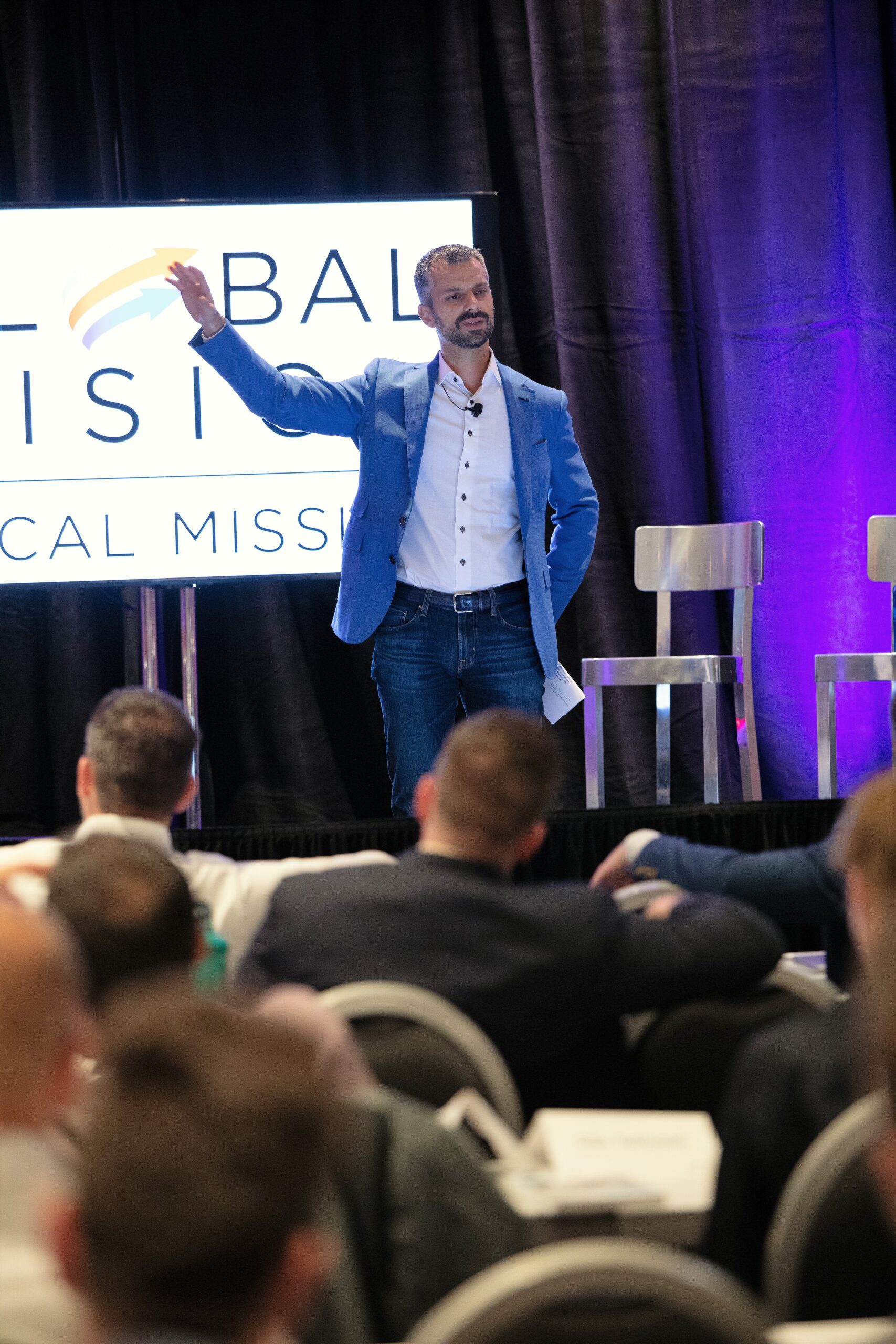 Tony: I’m the founder and CEO. Fleet Complete is all about helping businesses with fleets thrive.
Tony: I’m the founder and CEO. Fleet Complete is all about helping businesses with fleets thrive.
It’s tough to run a fleet-based business. You have to deal with insurance cost; you have to deal with fuel costs; you have to deal with regulation. Dealing with all these challenges is tough for a fleet-based business. And most of our customers are small mom-and-pop type operators. Our software really helps them manage these things.
It helps them reduce their costs; it helps them reduce their risks; it helps them improve their safety. These are really important to these businesses.
In essence, we help them thrive, so that’s what our business is all about – helping these fleet-based businesses thrive.
Edwin: So Tony, when I was doing my research, and I look back at your career, you’ve been building businesses for a while now.
I mean, it seems like now, looking back, you grew. You had this eventual growth path. You started from the bottom, and I’d love for you to share with us some key turning points that you encountered during this path. Perhaps, some decisions you had to make that eventually allowed you to grow as a business leader.
You made it sound like – we started from the bottom, now we’re here.
Tony: You know, surrounding yourself with great mentors is probably one of the most important decisions that I made. Starting my business very young, you know, I was learning as I went.
So having mentors at a very young age – right from the beginning – was, I think, the most important thing because I was learning as I was building the business.
I surrounded myself with people that have been there and done that, and getting as much information out of them as possible was pivotal to being on the right track.
Edwin: For the listeners out there, who are just starting out in their career, being young, how are you able to find or even have that insight to surround yourself with mentors?
Because I know I meet many people along their career path, and they’re just figuring it at a later age – Oh, you know what I need? A mentor.
How did you get that insight?
Tony: Well, I guess because I think some people go to business school and they find mentors that way – through professors or just being in that environment.
I started this business right out of Computer Science program, where I learned the trade of developing software; I grew up in a somewhat entrepreneurial family – my dad was an entrepreneur, so I learned a lot that way.
But I realized early on that starting the business without the experience of having ran a business myself before, finding the right mentors was going to be crucial.
So it was just very apparent to me. And from the first few mentors that I did have, I immediately saw the value. This is something that I continued to do even to this day.
Today, my board is somewhat more formalized. We have personal coaches, executive coaches and stuff like that, but the board is a great source of support and mentorship, because we’ve hand-picked our board members from people that have done what we’re trying to do.
When you have people that have done what you’re trying to do, they can share those experiences with you, and it’s really helpful, so that’s been something that we found to work well.
Edwin: That’s for sure – picking the right board is really important. But over the last years, being an entrepreneur, dealing with one or two customers and then, I think, when I read back – before Fleet Complete, you had another software company; it was very similar, I forgot the name…
Tony: Oh, the company was called Canlogic Solutions. It’s just something I started while I was in college. Kind of like training wheels. Started a business that did websites and networking and email servers and help desk stuff, so it was just a way to get going and start making a few dollars to help pay for books and classes and stuff like that.
Until we found the opportunity to create the business around – I knew I wanted to have a software company since I was in my late teens, so I was blessed with having a vision and an idea of where I wanted to go with my life very early, but didn’t know what kind.
So the first thing I did was create just a generic kind of IT services company, until I could figure that out, and it was just luck really. I got us into the last mile logistics space, initially. That evolved later into fleet management. So that’s kind of how it happened.
Edwin: Being an entrepreneur and starting with small teams, your role eventually changed as you grew your team. Your responsibilities changed – what you’re doing today is far more different than what you were doing twenty years ago.
Tony: Yes.
Edwin: So how did you adjust and continually grow to be that effective leader, outside of having these mentors? Were there special things that you were doing? Or was it just learning as you got one foot in front of the other?
Tony: A lot of learning as you go. This has been an evolution, so you kind of flow with it, right.
In the early days, you – like every entrepreneur – wear every hat. You’re doing sales; you’re doing marketing; you’re doing customer service; you’re doing implementations; you’re doing finance; collections – you’re doing everything.
You do whatever it takes, and it’s a great way to build a business because you learn every aspect of that business really well. But that’s not scalable, right. So you find amazing talent that can do all those different disciplines better than you can and that creates scale.
You learn to go from being a doer to being a leader, to being a supporter, enabler and a coach and a recruiter. You know, I think these are the most important traits for a CEO of a scaling company as, you know, recruiting is the most important thing – finding top talent for each thing and then just being a guide and a coach and a supporter, right? That’s really what the CEO does.
Edwin: How long did it take you being a doer to an entrepreneur – someone who had his hands in everything to really make that transition? I imagine it not being easy at first.
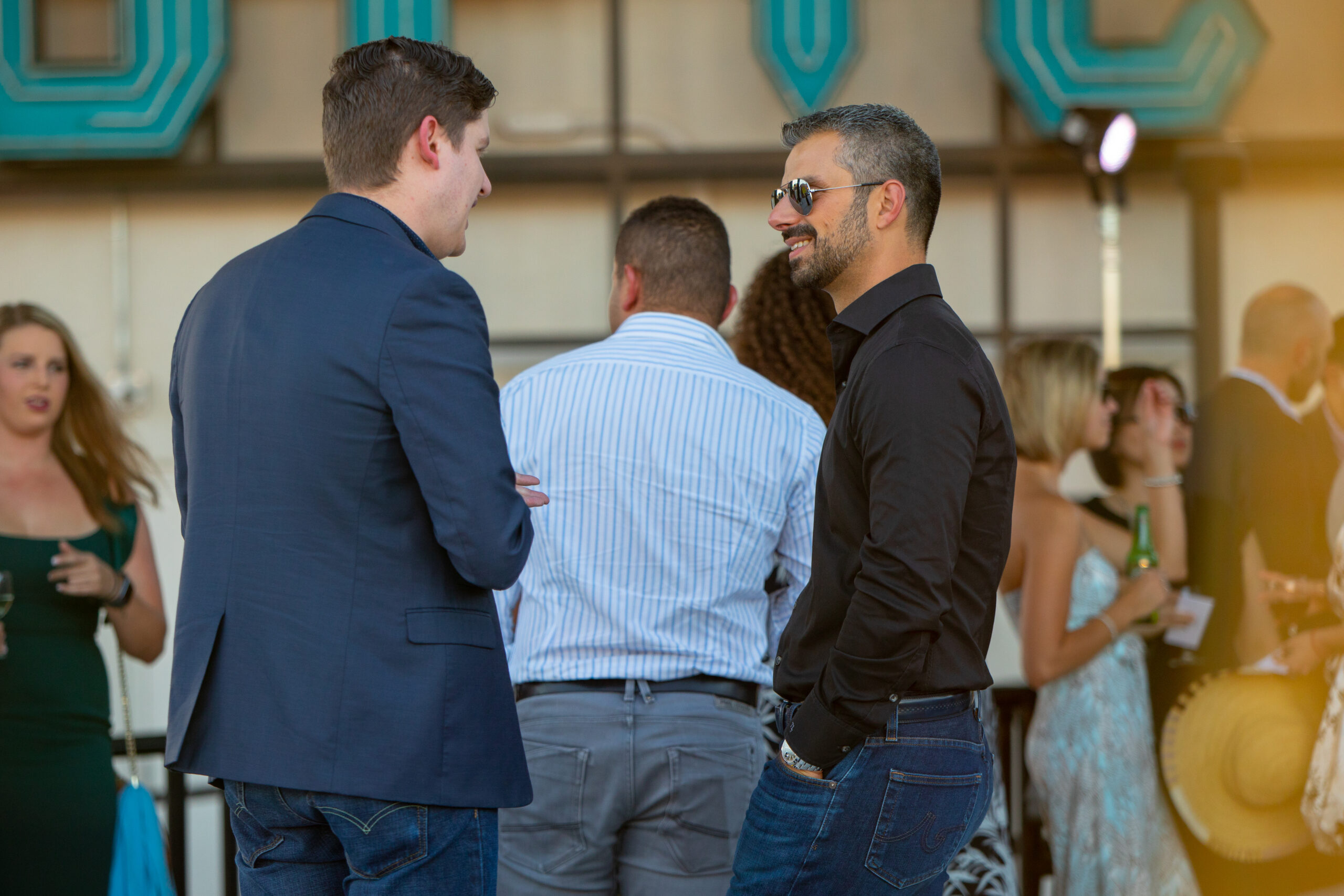
Tony: Yeah, it wasn’t easy. It’s unnatural at first, so in the early days of an entrepreneur business upbringing, doing everything and then starting to let go to scale the business is hard. It’s unnatural. But you got to break through that, so we first started doing that in the midst of when the business was going from a couple of million in revenue to seven, eight, nine, ten million in revenue. In a very short period of time, you quickly have to scale and build the team and let the team do the real work.
That’s how we did it. We were just baptized by fire through that evolution and made it happen. Today, our business has 600 employees globally, growing really fast, over 35% organic growth, over 100 million dollars in revenue…Running a business like that is, in many ways, easier than running a million dollar business, because then you’re doing it all yourself.
Now I’m surrounded by an incredible executive leadership team that is really experienced. Most of the people on our leadership team have done what we’re doing here before.
Edwin: You think back as you 10x’ed from that 1M to 100M, were there key hires that really helped you at that time? Can you remember back?
Tony: Many, I’ll go through a few of them. Our Head of Sales, for example, Dave Prusinski, was really a key hire. He’s been with us for, I think, eight years now, and he came from Blackberry, where he spent many years learning how to build a highly professional, highly scalable channel sales team. Blackberry in its glory days was, probably, the best in the world at selling through the mobile operator channel. He was also there through the drop of Blackberry, so that was a great experience for him as well.
When he joined us, he really took our sales team to a whole new level, brought in a lot of that professional sales process and sales management that I didn’t have, because I didn’t do that before. So that was an incredibly key hire – at the right time for our business, and a lot of our success is attributed to Dave’s leadership in sales and channel sales in particular.
Another key hire we had at the right time was bringing on Jerry Leong, our EVP of Business Development, who came from TELUS, where he managed partnerships. He helped us expand our channel partnerships around the world, so we now have partnerships with Deutsche Telekom in Europe and a few of the T-Mobile properties in Austria and the Netherlands, for example. We’re working on another on right now in the Scandinavian region. We’ve expanded into Australia with Telstra, so Gerry has spearheaded that channel expansion work, and that was really crucial.
Bringing Alan Fong, our CTO, who has had a number of experiences of taking companies from tens, to hundreds, to thousands of people from an engineering and product development perspective. That’s what we’re going here, so we needed a leader in that CTO role that has been through that sort of scaling and has a playbook, in essence, or an experience in how to do that really well.
Our CFO, George Kypreos, has a lot of public company as well as tech company experience, and we needed that financial discipline, as we went from tens of millions to over a hundred million.
Edwin: It’s an amazing story, thank you for sharing that. Understanding that you’re as good as the team around you just like building a basketball team.
Tony: To add another one, because I think it’s sometimes underappreciated, is HR. We have this amazing HR leader, Larry Indovina, our VP of HR, who’s been with us for four or five four years as an executive in the company. He’s been serving the company since the beginning. He had his own HR recruiting firm, and he was the one we would go to to help us with recruiting, so in a way, he’s been with the company from the early days. And that’s such an important role. We kind of got by, because we outsourced it in the early days to Larry’s firm, but I would encourage companies to bring that leadership role in-house early, because it really helps you with building that dream team that we now have.
Edwin: I wonder, as you grow large, how are you thinking about not becoming an institution?
Tony: Well, I love to tell people that every day I’m running a company larger than I’ve ever dreamt before, and I think a lot of entrepreneurs share that because that’s what growth is, right? Every day you’re growing, and that in itself means you’re doing something you’ve never done before. It’s one of the things I love about this business.
To me, your question is all about the leadership. It starts from the top in terms of the culture, in terms of the ethos and how we operate, and as long as I’m running this business with my leadership team, we will continue to operate it in a way that is fast-paced, innovative, customer-centric. I think, so long as you have these core values, your culture can maintain no matter what your size is. Look at some of the Greats out there, like the Amazons of the world, or Google or Facebook and not just tech companies. Companies that really stay true to their core values continue to thrive no matter if they’re a million in revenue or a billion in revenue.
So that’s what we intend to do – to stay true to our values.
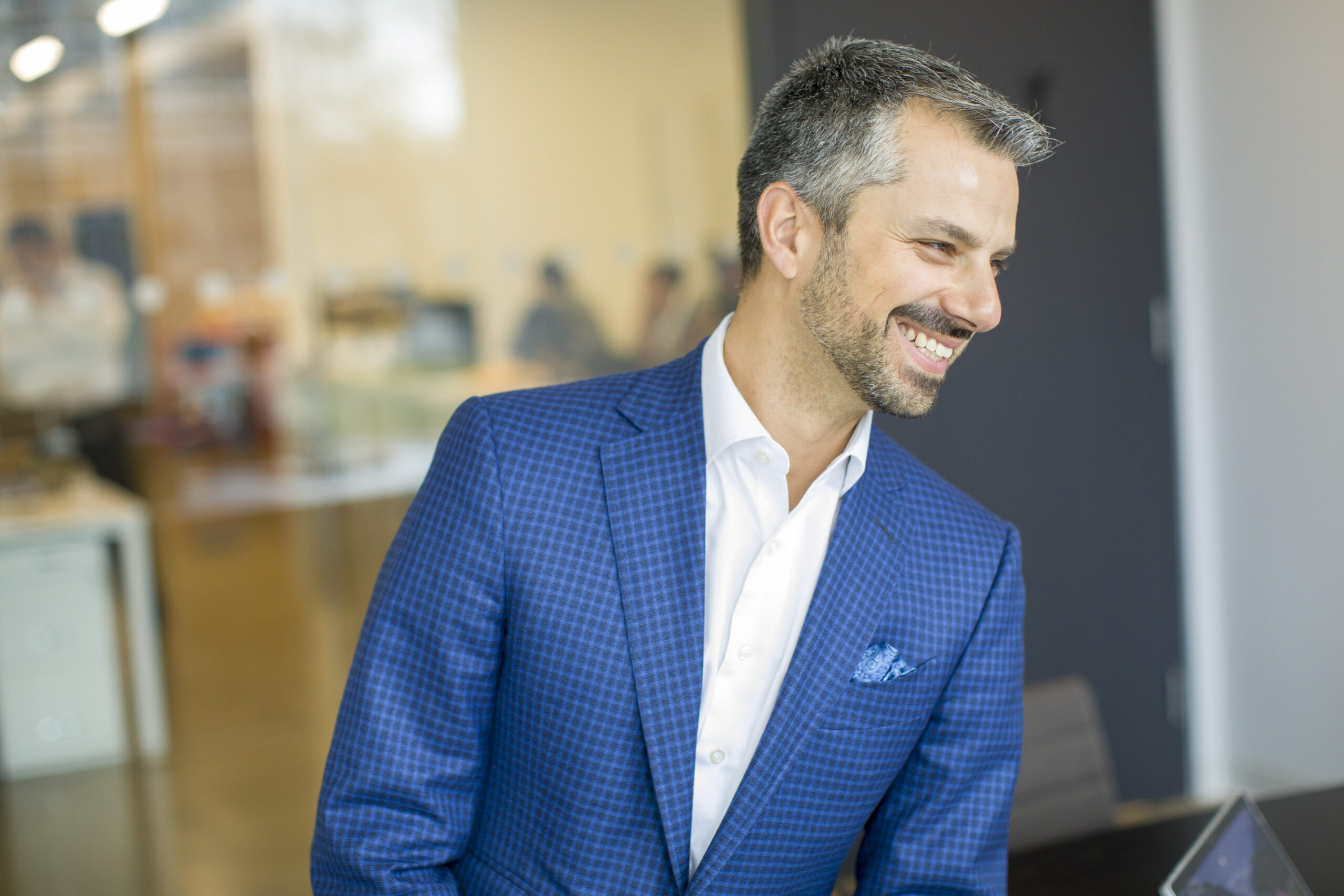
Edwin: You have the people and a lot of moving parts now in your company. Where are some of the greatest ideas coming from?
Tony: Multiple sources. You have to be searching for ideas from every possible source.
I certainly had ideas coming from our customers, from our salespeople, but also from within. I spent a lot of time with my leadership team, thinking about the future, thinking about “Hey, if we were that startup in a garage today, what would we be doing so that we don’t get displaced like how we displace companies?”
For example, we launched our new connected vehicle ecosystem platform in 2018. It’s called CONNVEX, and CONNVEX, for us, is about helping tier-one suppliers and vehicle OEMs bring connected solutions to market a lot more efficiently, a lot faster. The analogy I would use to help explain it is kind of like what Amazon did with Amazon Web Services. Amazon spent two decades building the world’s most advanced e-commerce platform, and then, at some point, years ago, realized “Hey, we could take this platform to market as a service!” Now they’re the world’s largest cloud provider.
We were doing the same thing, in essence. We’ve spent two decades building one of the world’s most advanced, robust, scalable, secure fleet management software platforms. Now we’re taking that technology, that infrastructure we’ve built to market under the CONNVEX brand and help vehicle OEMs, tier-one suppliers (like companies that make transmissions, brake systems, engines, axles, chassis and trailers) make their systems smart and connected.
We announced our first CONNVEX partnership in February 2018 with Phillips Connect Technologies. Phillips is one of the world’s largest manufacturers of cabling systems in trailers. They’re a tier-1 supplier to the trailer manufacturers like Wabash and Great Dane and so on. They’re using the CONNVEX cloud platform to bring to market the world’s first smart connected trailer that you can buy from an OEM. So you can go to a company like Wabash and buy trailers from them that come pre-wired with all the sensors you can imagine: door sensors, temperature sensors, axial sensors, tire pressure sensors, and buy that from the manufacturer – all pre-configured, pre-wired. The cloud system behind it all is CONNVEX.
So you’re going to be hearing a lot of announcements over the months and years ahead of similar things for just about every other system on a vehicle. That’s the future. That’s an example of how we continue to innovate.
Edwin: So I wanted to loop back to something that you mentioned. You talked about your early days; you were able to find mentors that helped you grow as a business leader, as an entrepreneur. I’m wondering if you could name a person who had a tremendous impact on you as a leader. Maybe someone who has been a mentor to you and was able to really push you forward?
Tony: well I think, first, I would say my dad. My dad taught me work ethic. I worked for my dad’s janitorial cleaning company probably since seven or eight years old. Mopping and sweeping floors, taking out the trash and scrubbing toilets, stuff like that. So I grew up in that environment where you know hard work, and learned about running a small business in my upbringing. My dad operated a small business and had five or six employees. Maybe a dozen or so in its peak and really took care of his customers.
So growing up in that environment really gave me my base of understanding the importance of customer service, the importance of a hard-day’s work, the work ethic to do what it takes and give a little more than expected, you know. These basics are what I think are the kind of business attributes that really go a long way in making a difference. That’s what I would say.
Edwin: That’s awesome so real fun question that I get to ask on the podcast, Tony, if I were to ask any of your team colleagues, partners, peers, what’s the best leadership quality that you possess? What do you think they’d say?
Tony: That’s a good question…email velocity. I can I have great velocity at keeping up with the emails. Ambition. You know, I’ve always had great ambition. I think big, I love to dream. Dreaming is so much fun. Just sitting around, thinking about where we can be a year from now, or five years from now. And then working backwards from that and mapping that out, thinking what are the steps and milestones we have to hit to get there. That’s just so much fun!
I just love doing that, and we’ve 10x’ed the company in the last seven years, so we have this vision, where we want to take the company from million to a billion dollars in revenues. And how do you do that, right? That’s where this idea for CONNVEX came out of, and being connected to everything in the vehicle ecosystem, and being part of that connected vehicle evolution that is happening out there. So that’s just so much fun for me and for the team.
Frankly, kicking around these big ideas and how we solve them, and how we serve the industry and the clients – it’s all about being customer-centric and helping these businesses that operate a fleet or mobile workforce thrive. Helping them succeed; helping them be safe; helping them be compliant. These are the really important things for us, and they drive us.
Edwin: That’s great. It’s very important for a growing company to have that inspirational dreamer of a leader. it makes it easier to come into work. I’m sharing and really work towards those type of dreams and goals.
That’s great Tony really having a blast but before we end I love if you can share some final thoughts observations ideally what I’m looking to do to share it to our listeners is actual recommendations that that you can share with anyone who’s looking to either grow or scale a company.
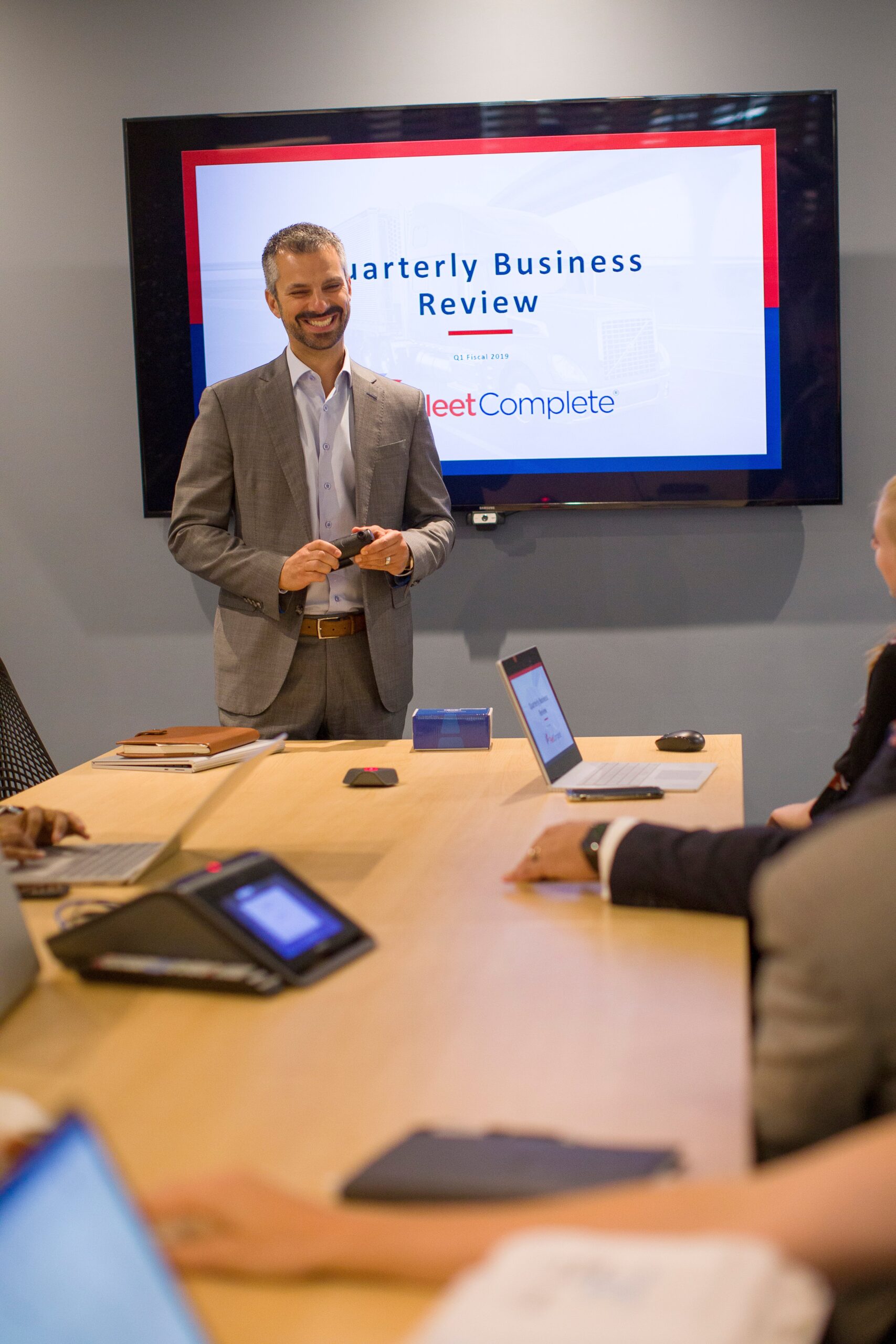 Tony: Right now, I would say, it’s really important to focus on the vision, on the values early on. What is it that your business is about? What are you solving? What values do you frame that around? And then it’s all about the people. Every business, every agency – it’s all about the people. So find the people that will help you execute that right.
Tony: Right now, I would say, it’s really important to focus on the vision, on the values early on. What is it that your business is about? What are you solving? What values do you frame that around? And then it’s all about the people. Every business, every agency – it’s all about the people. So find the people that will help you execute that right.
You want an environment that is fun, where people are professional, and the best-in-class type people at what they do, whether it’s being a receptionist or a person in the finance department, or a tech support person, or a developer, an architect or salesperson – you want the best of the best in all those disciplines. And people that are going to have fun and work as a great team together.
That’s what’s important to us. I think that’s what I would share for any entrepreneur.
Edwin: Tony, to close, please tell us where you can find more information about Fleet Complete or anything else you want to share to the listeners today.
Tony: Sure. www.fleetcomplete.com is our website, so you can find out everything about our products and services, as well as our company. My LinkedIn profile – Tony Lourakis – is where you can learn more about what I’m up to and the things I post. I use LinkedIn a lot for business related stuff, so it’s been a real pleasure to be on this. thank you for taking the time and hope to spend some time again soon.
Edwin: Tony, it’s been my pleasure and thank you for joining us in the business leadership podcast.
You can find the full interview here.





